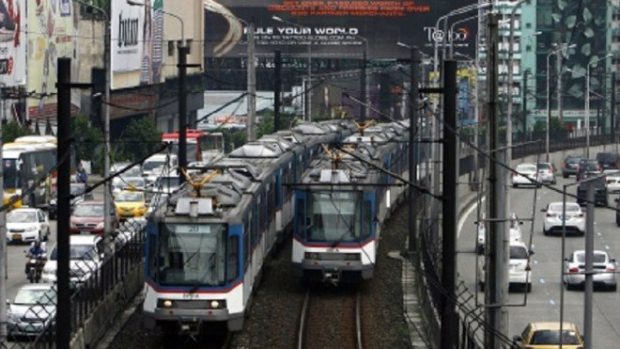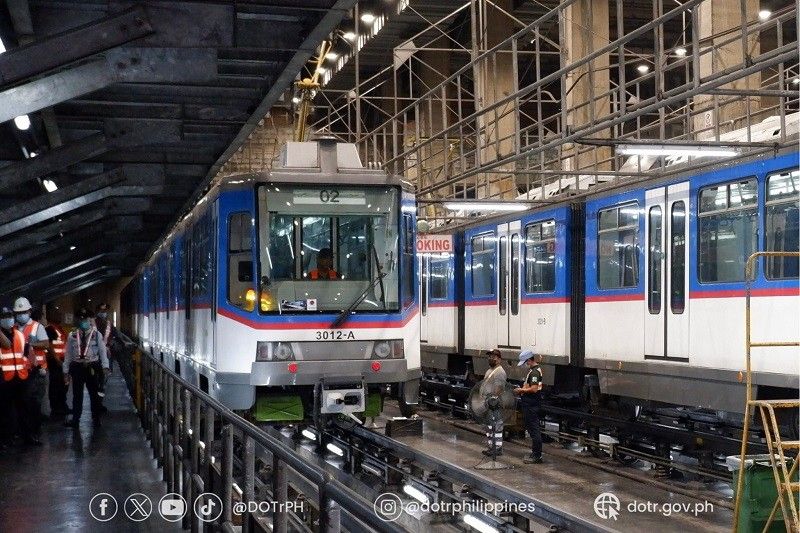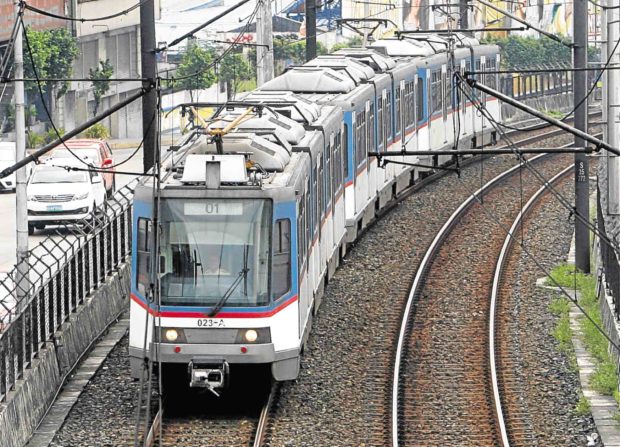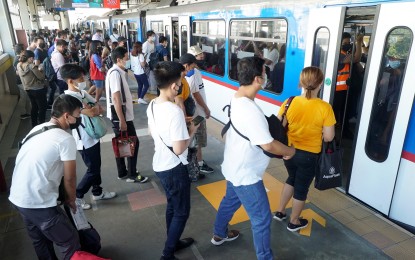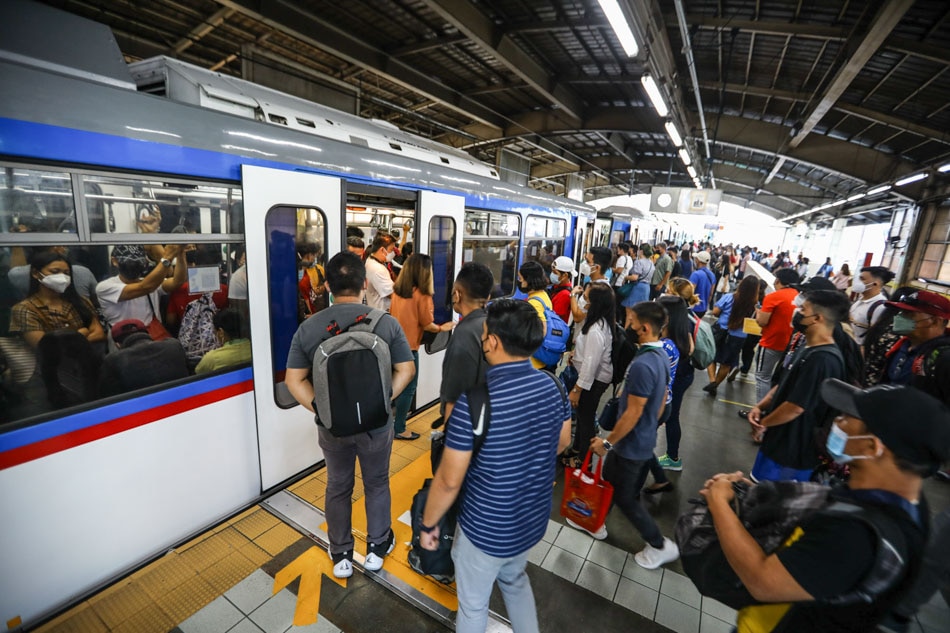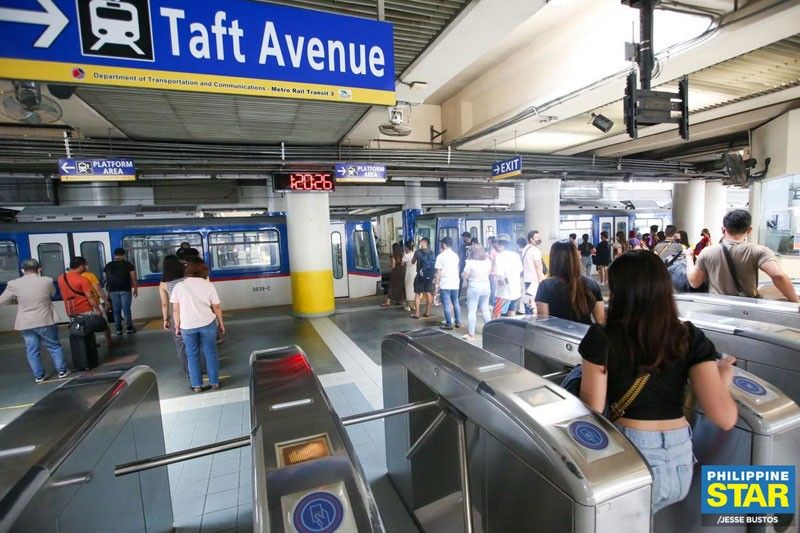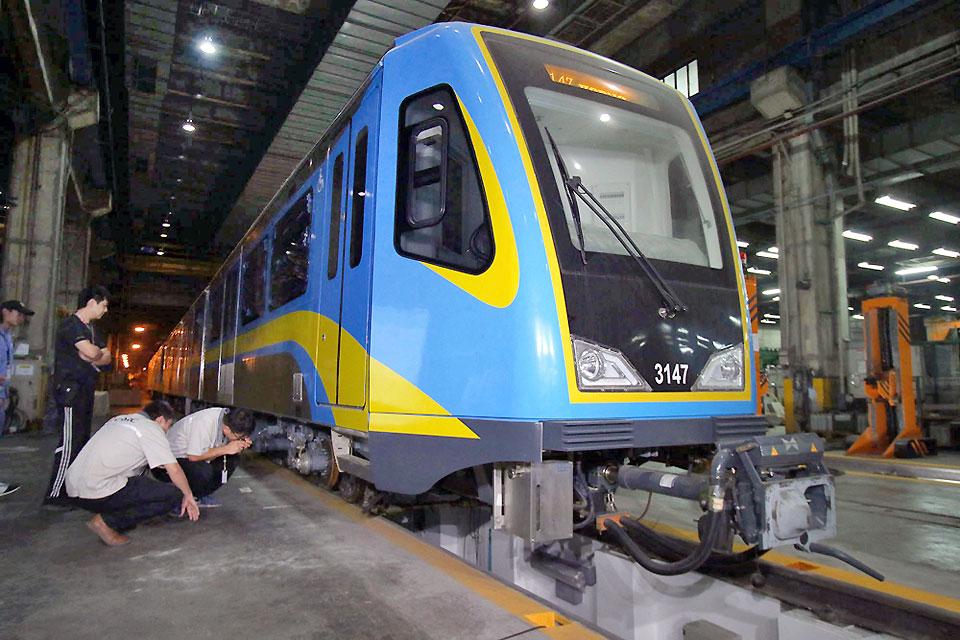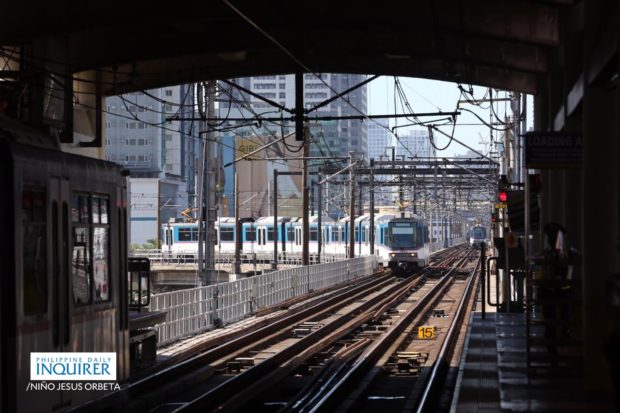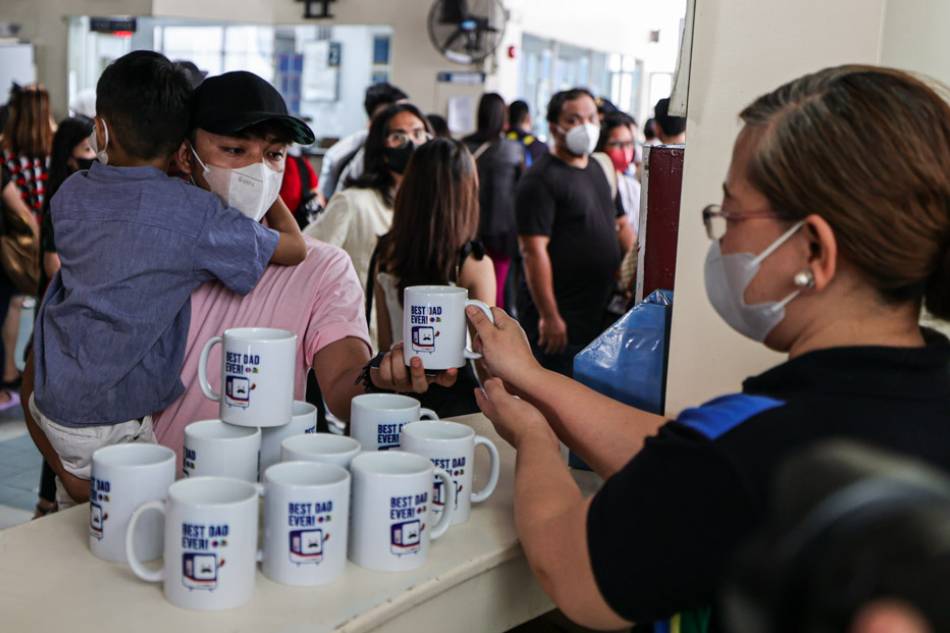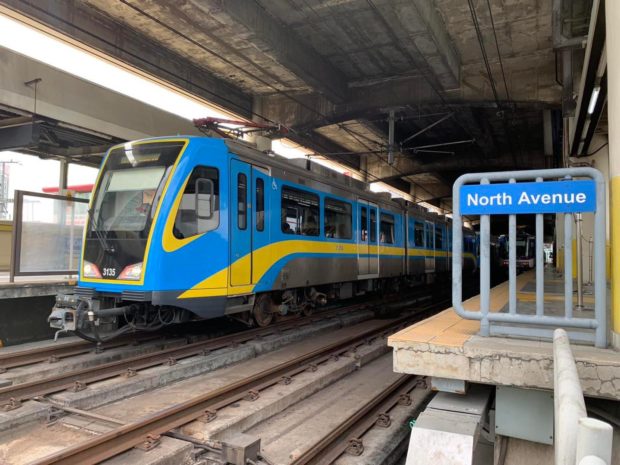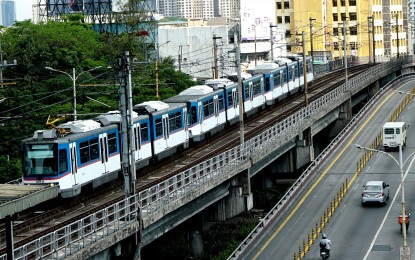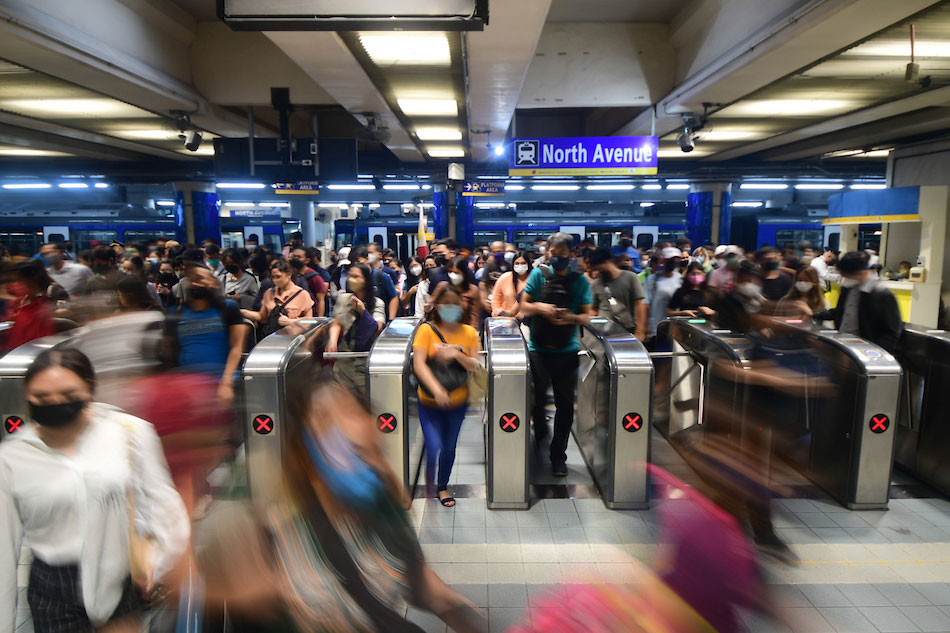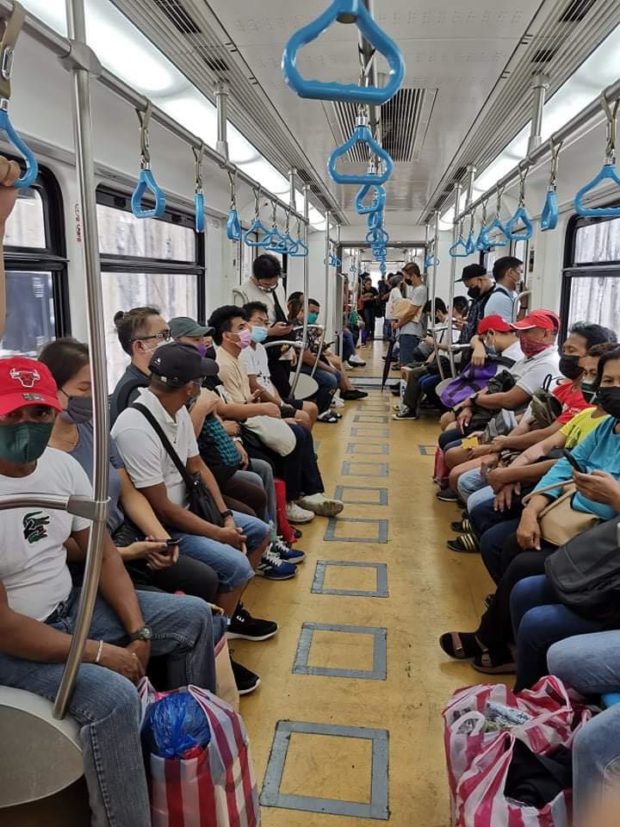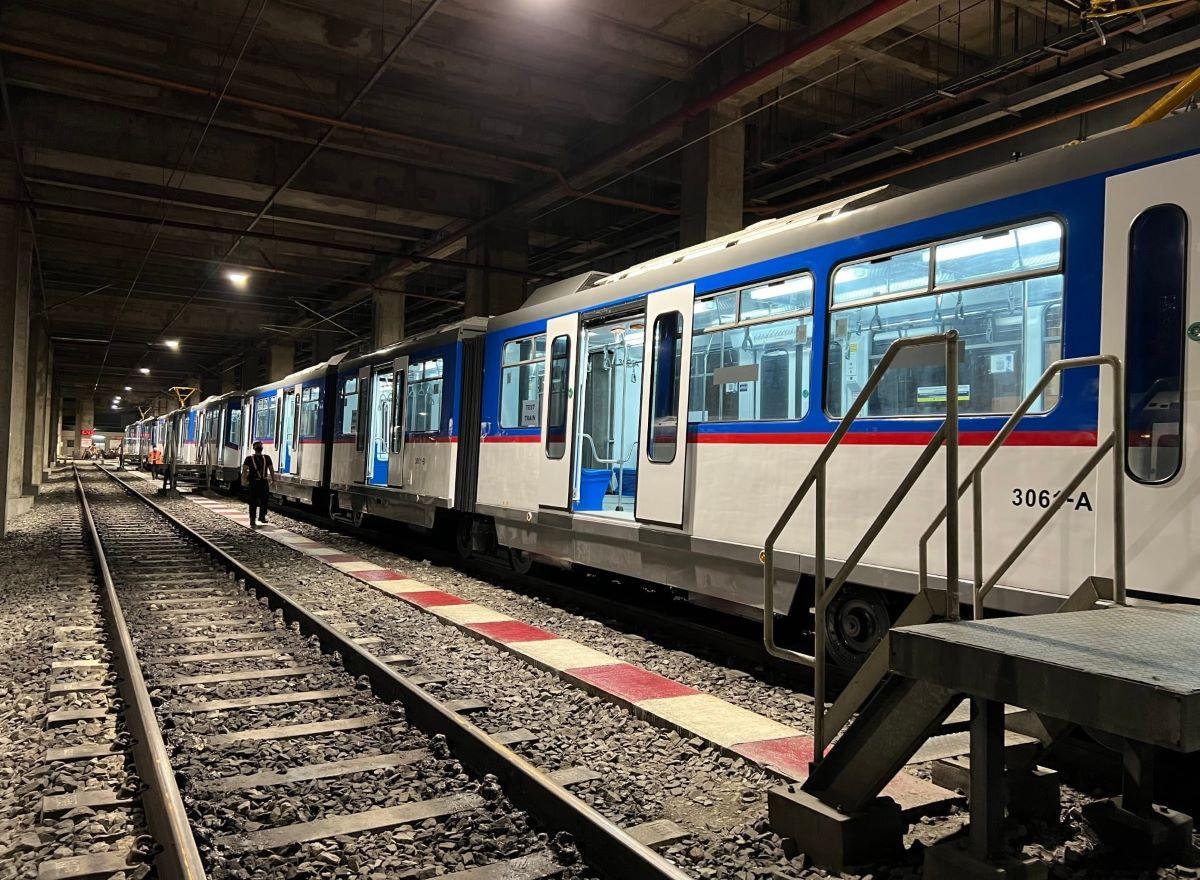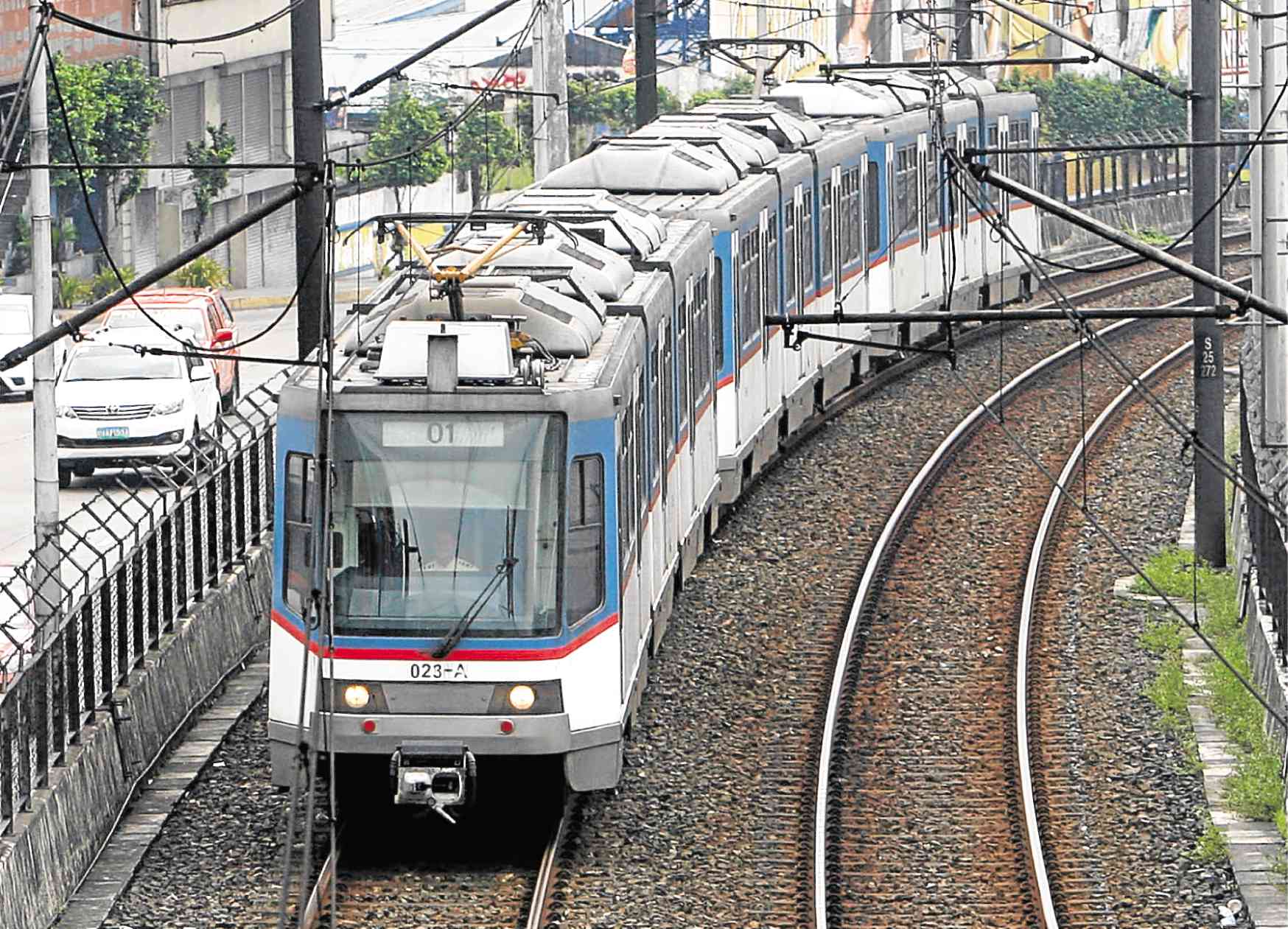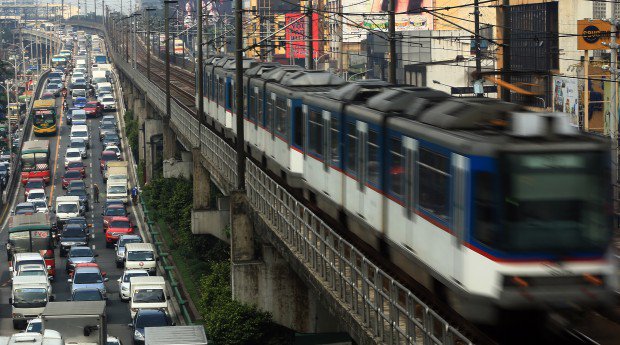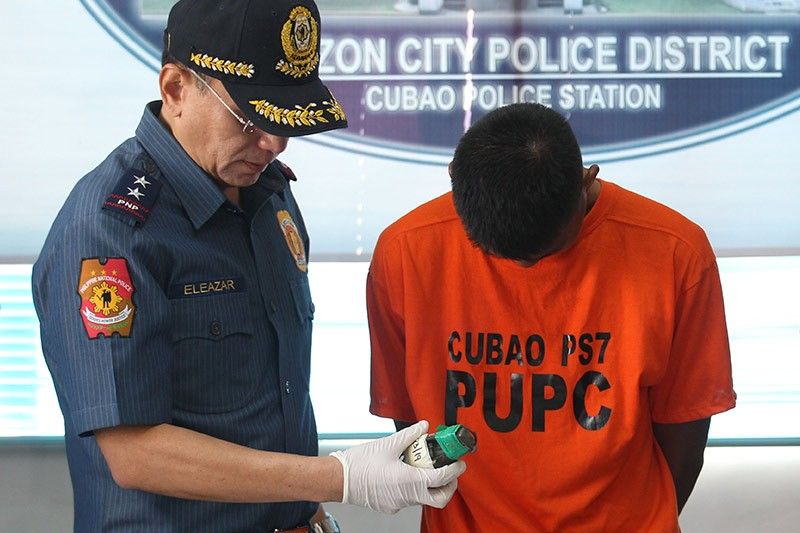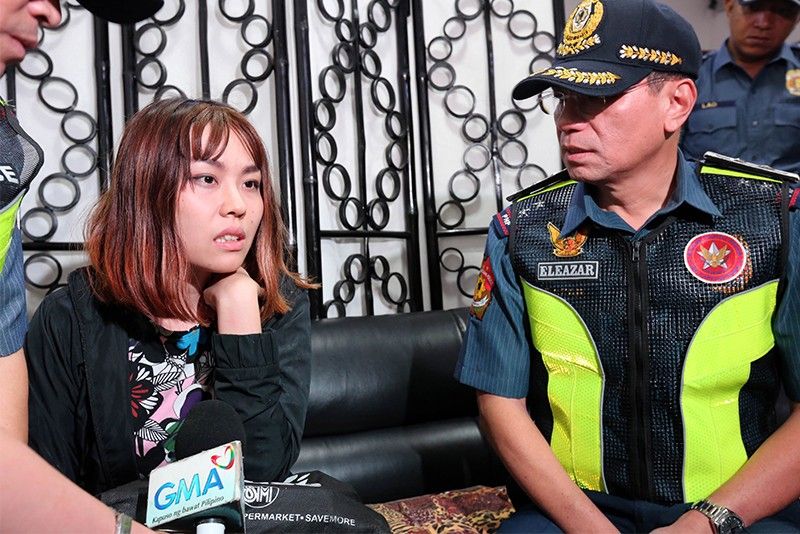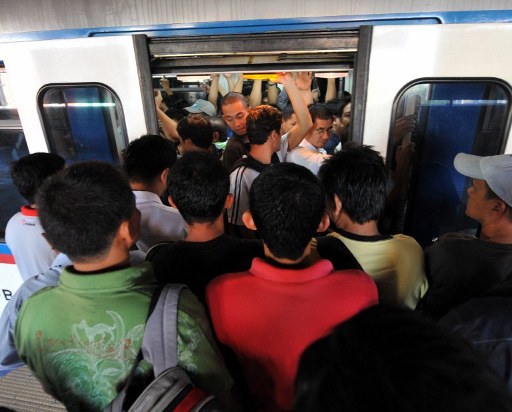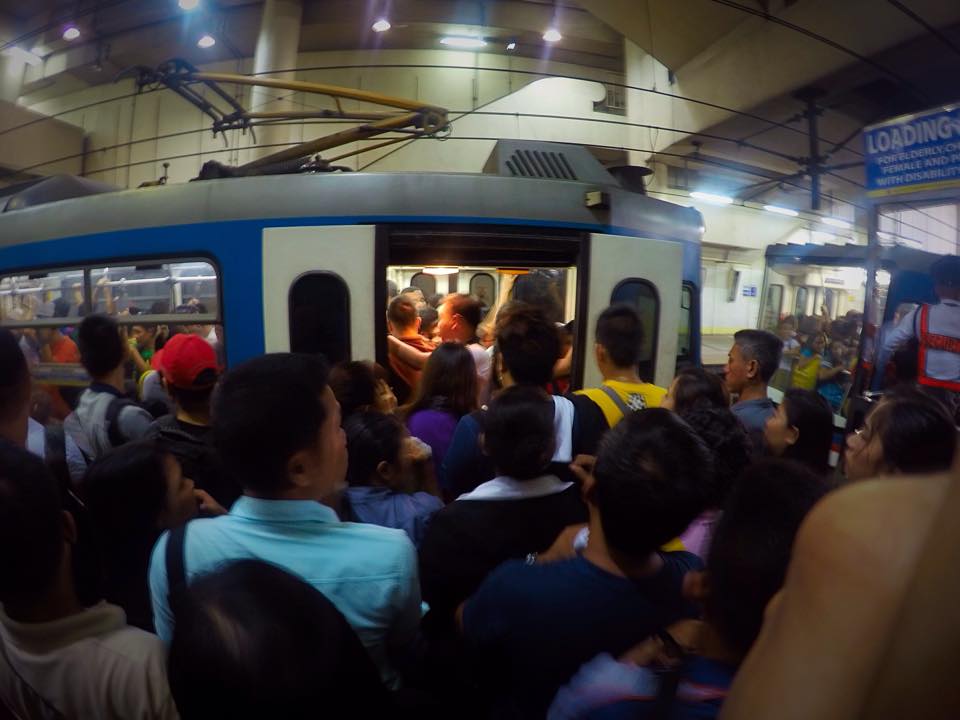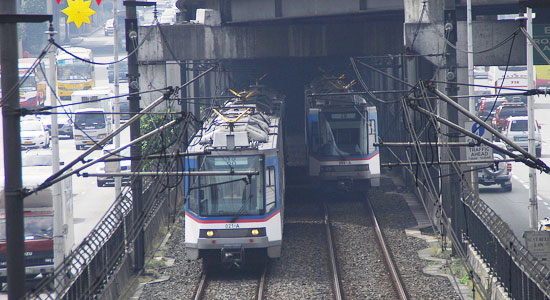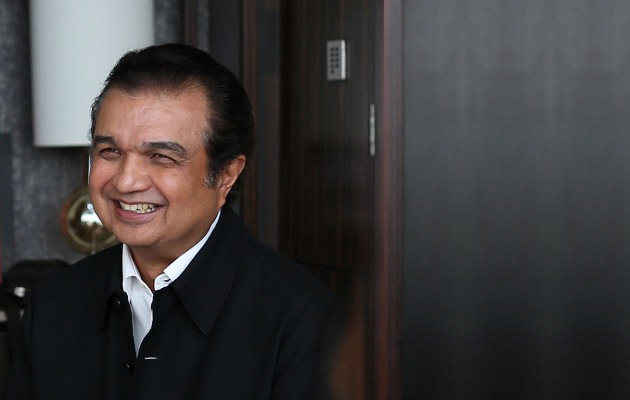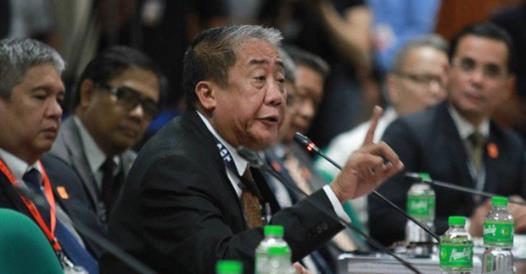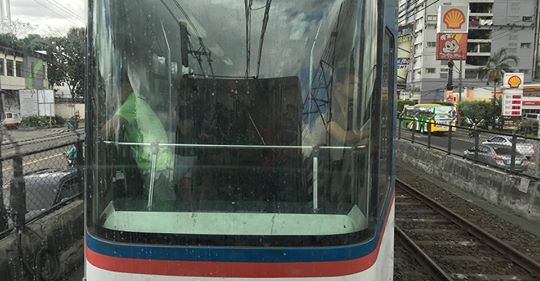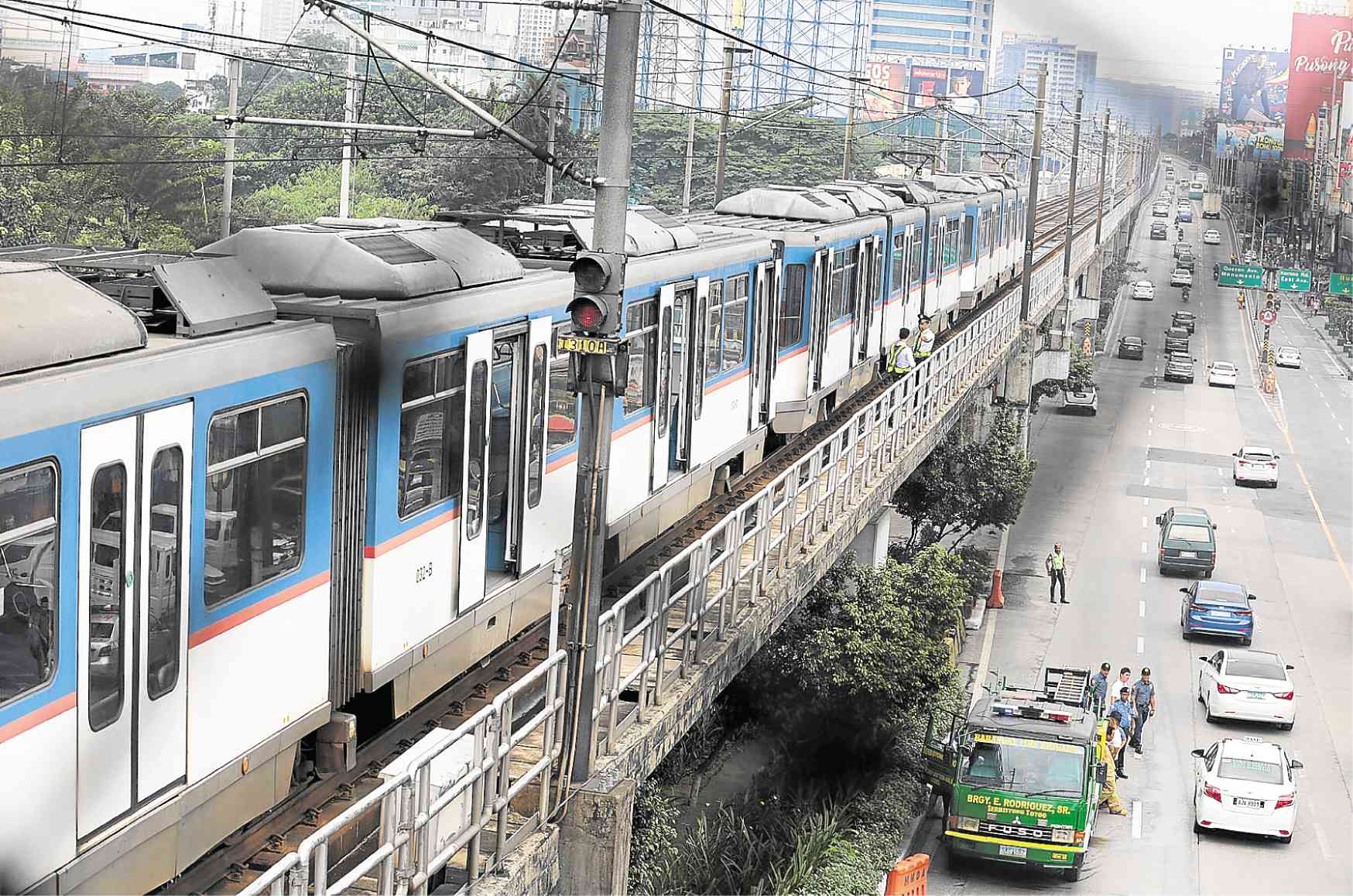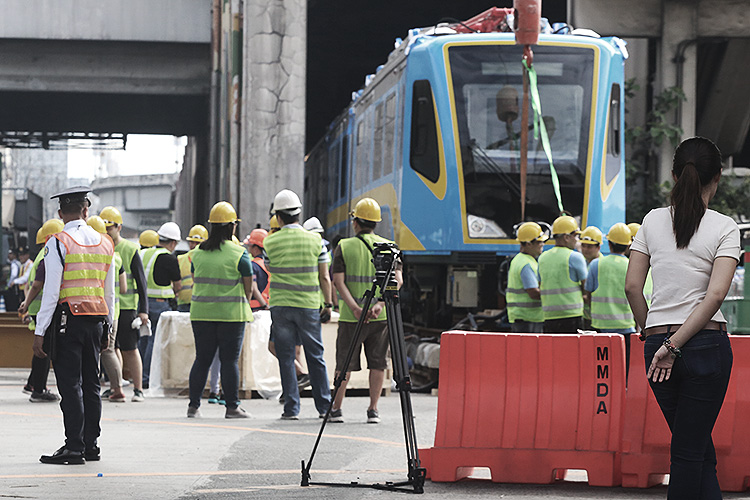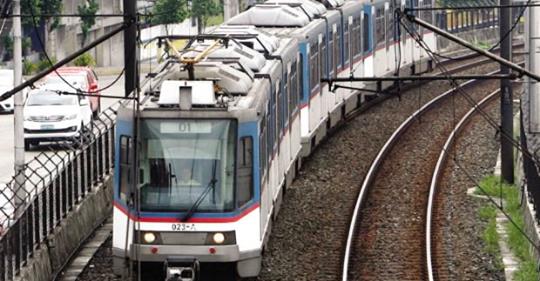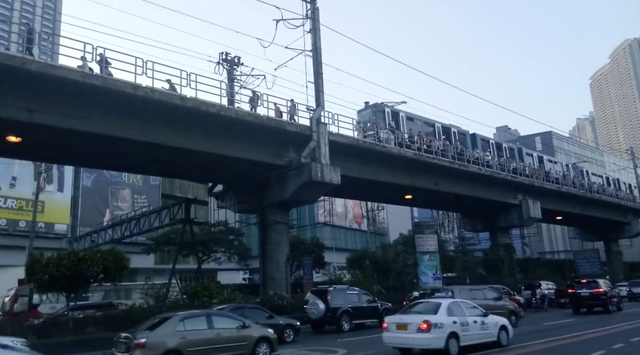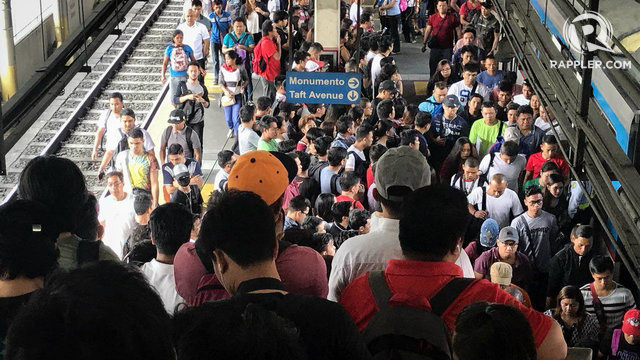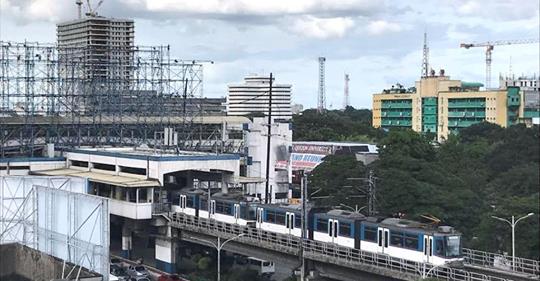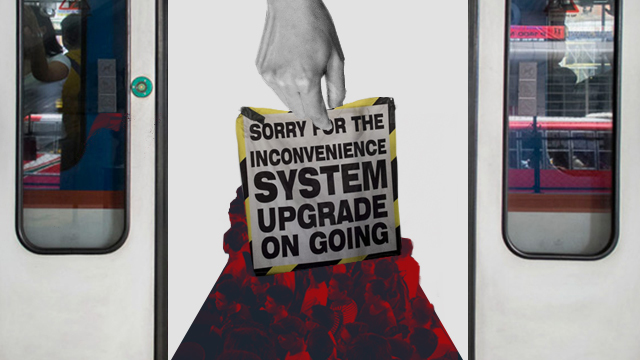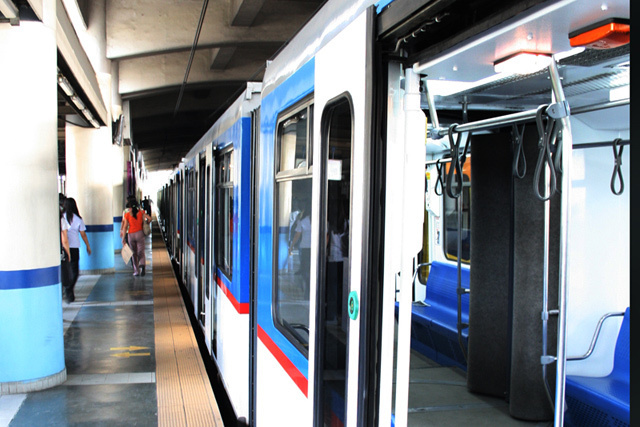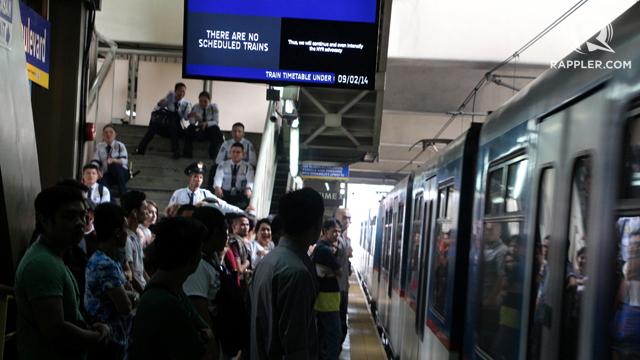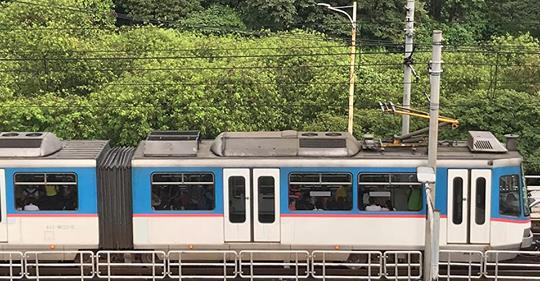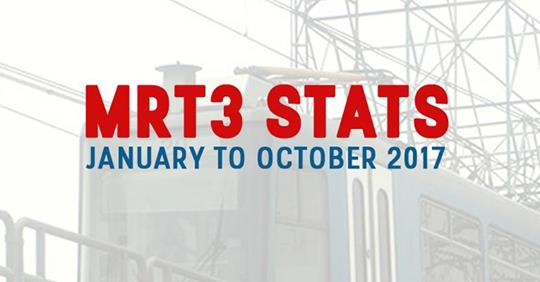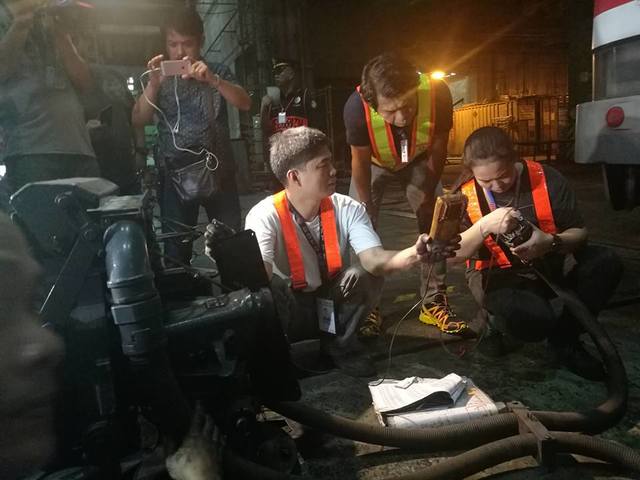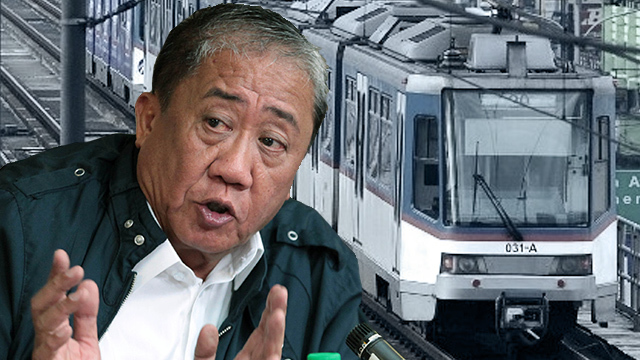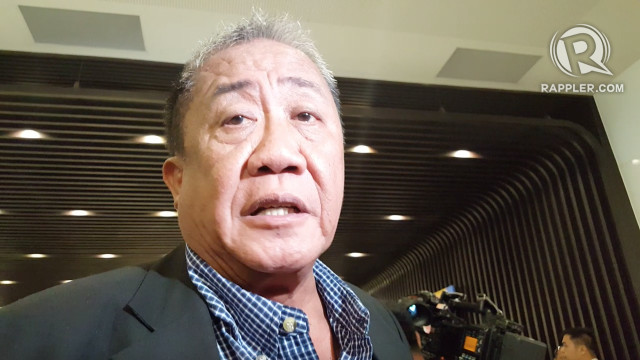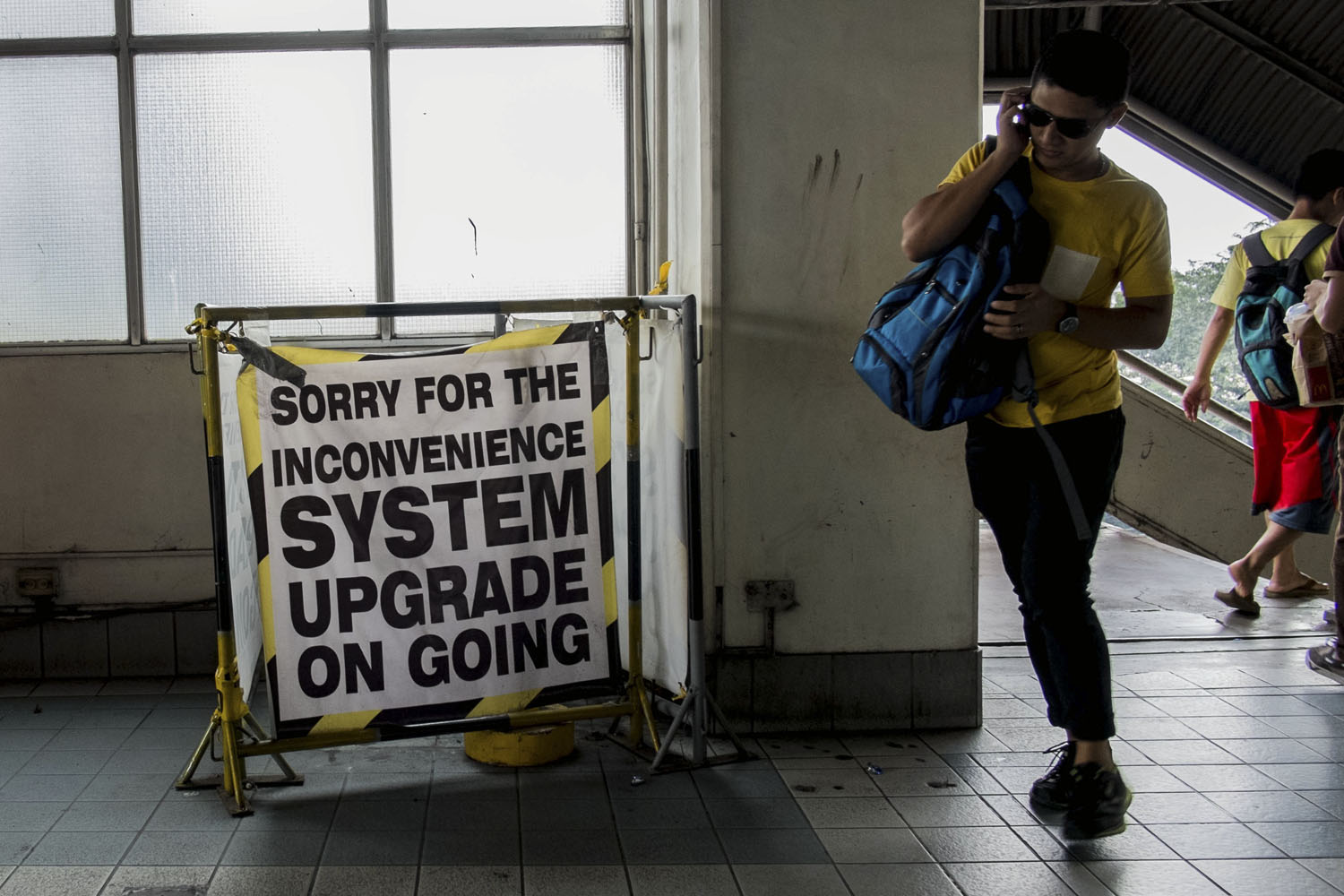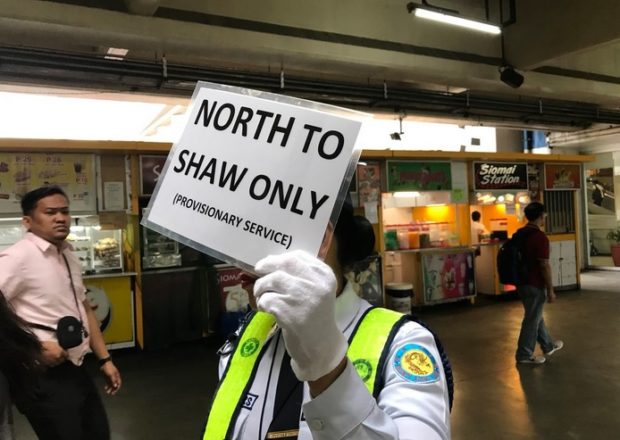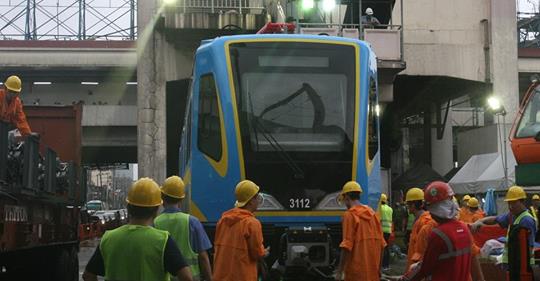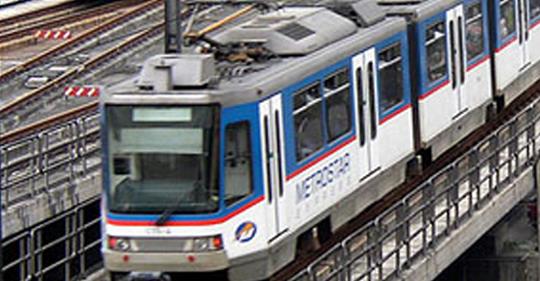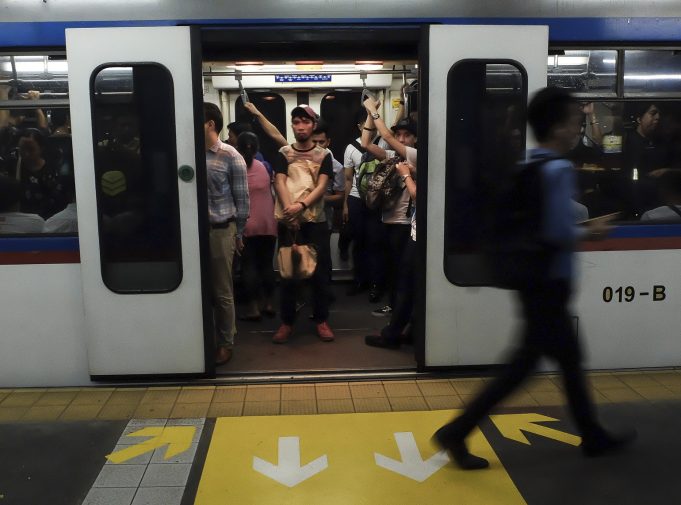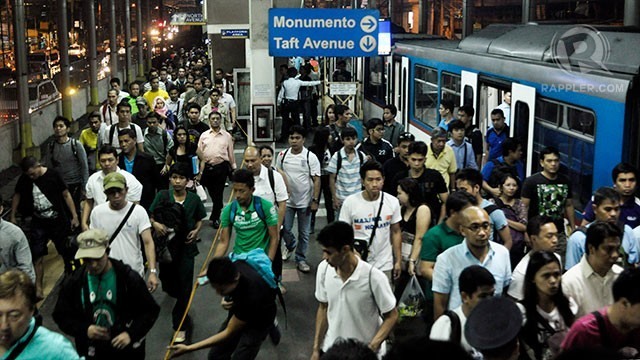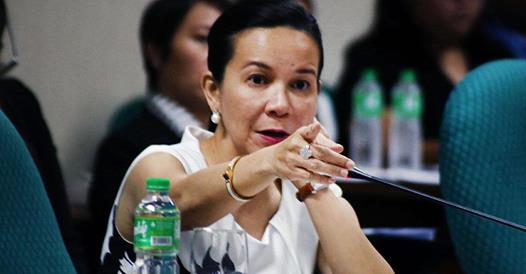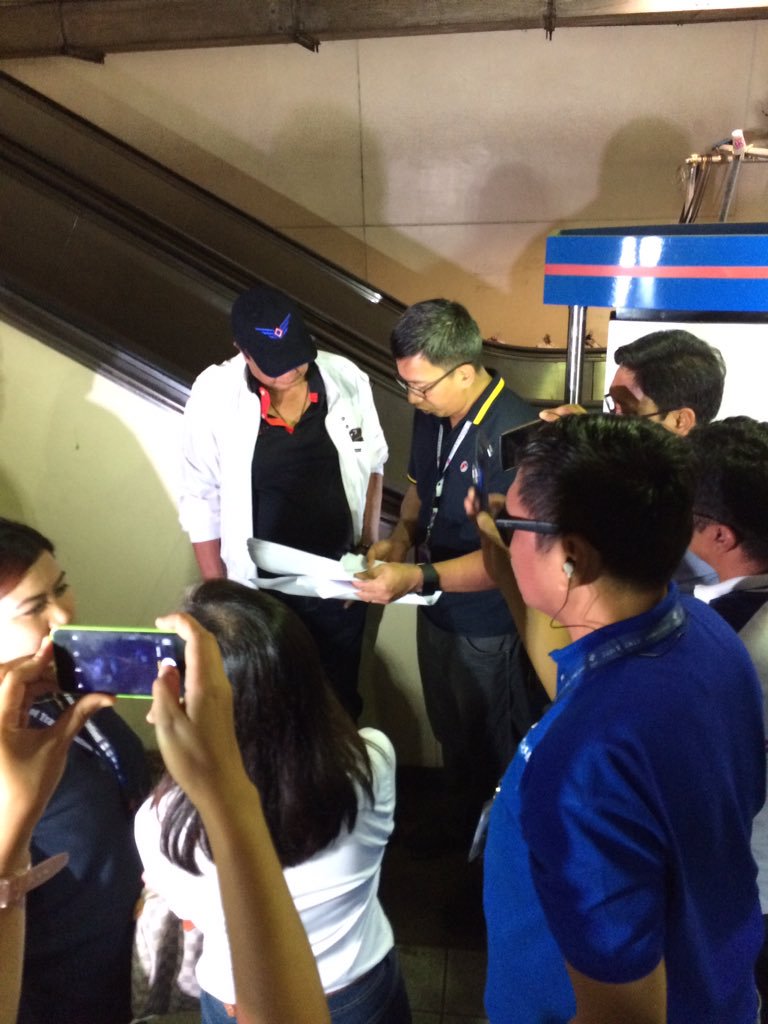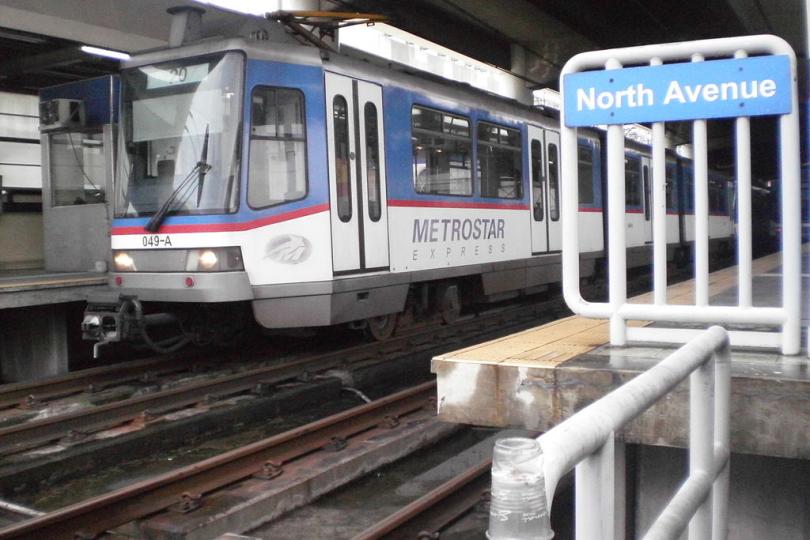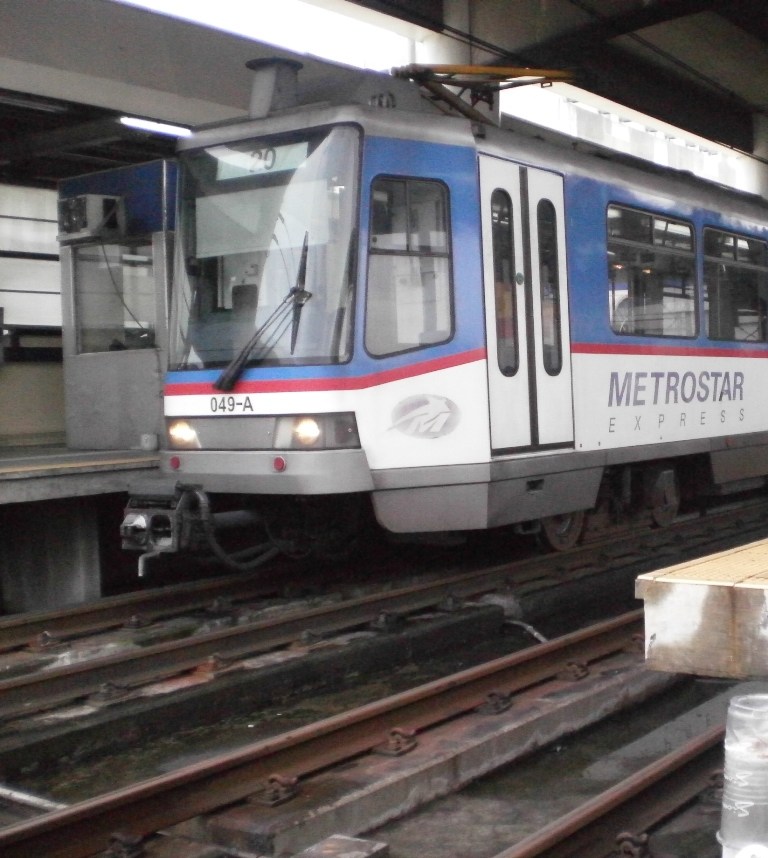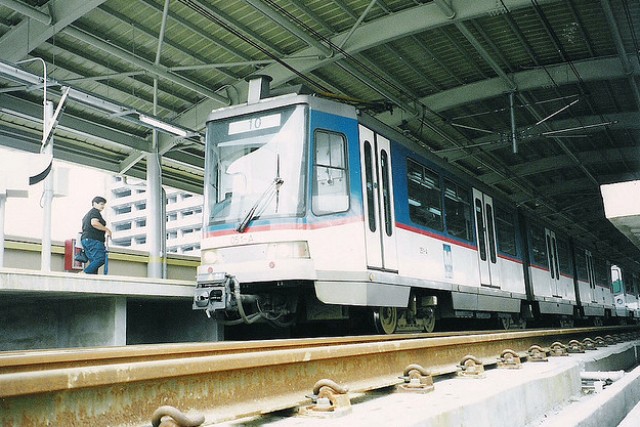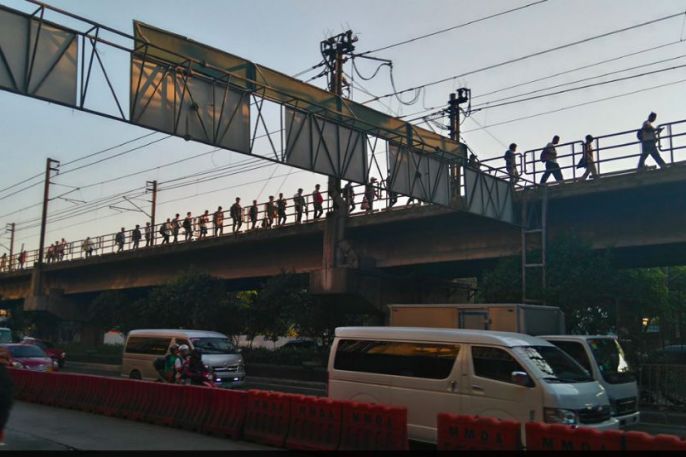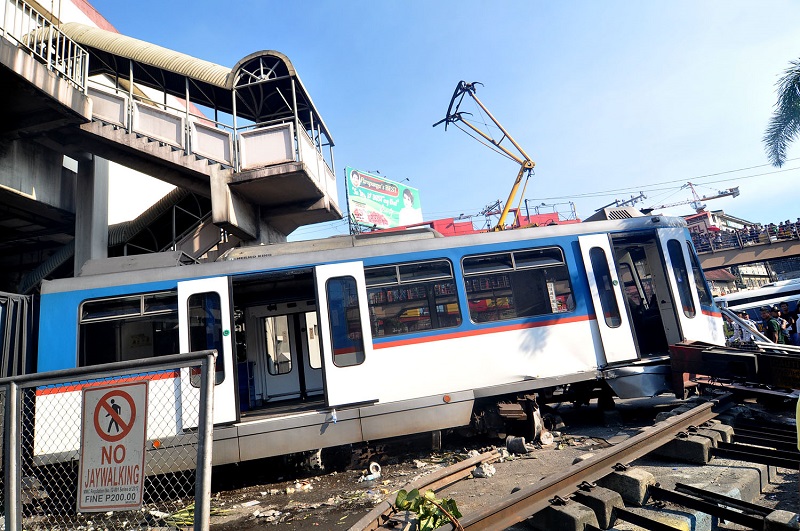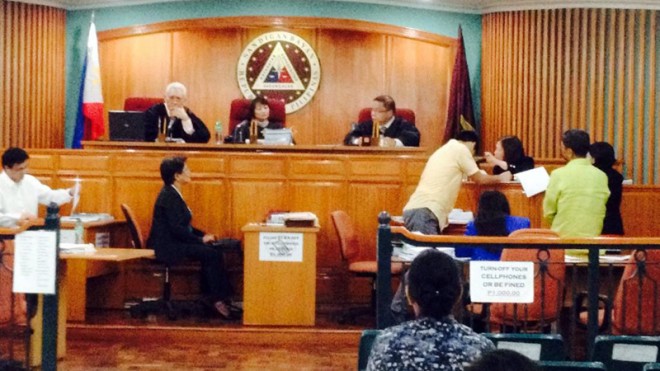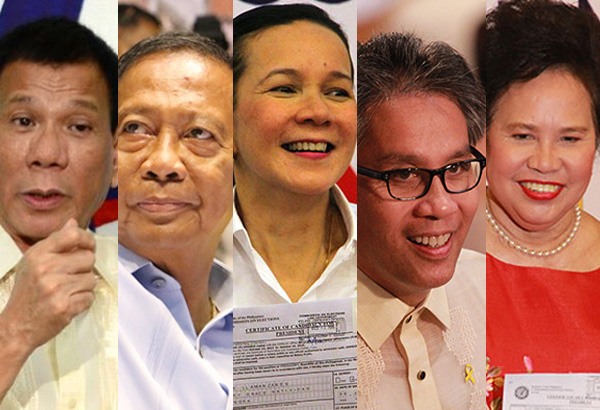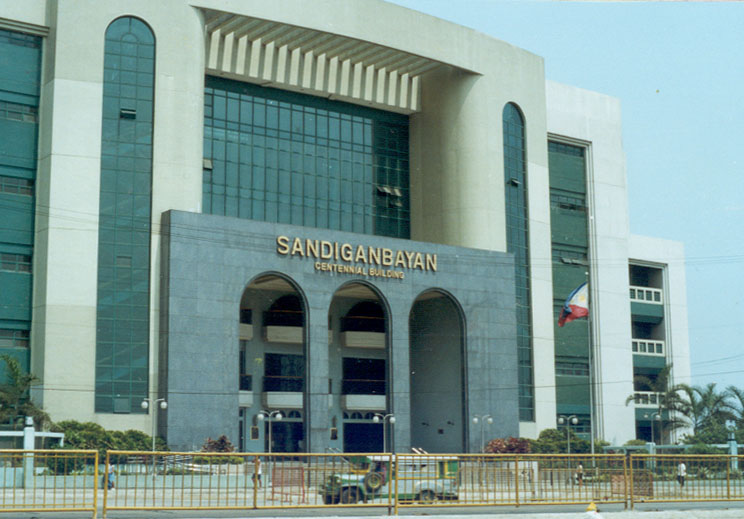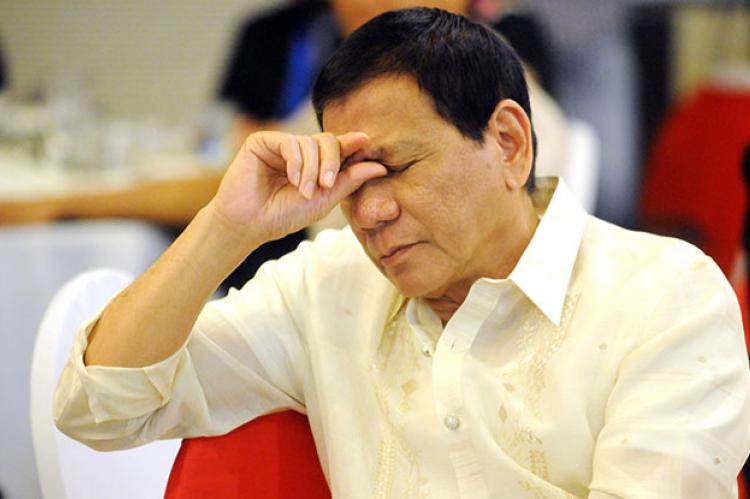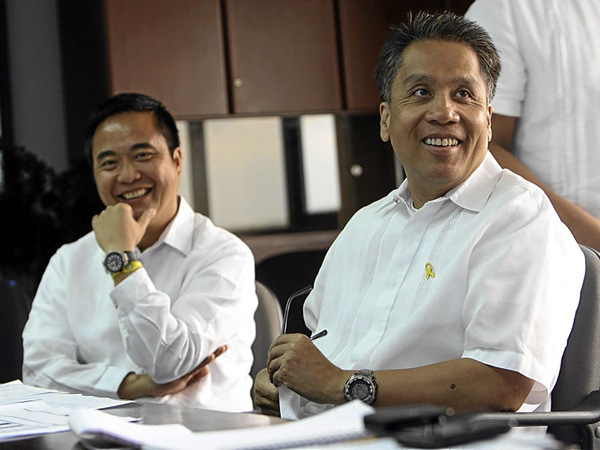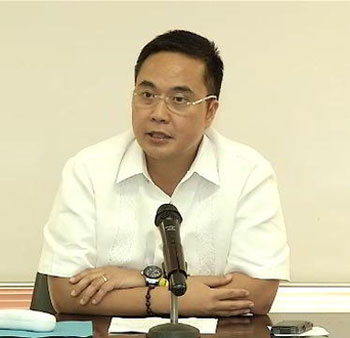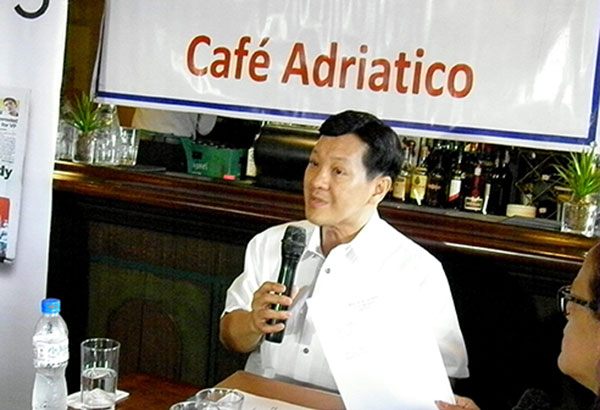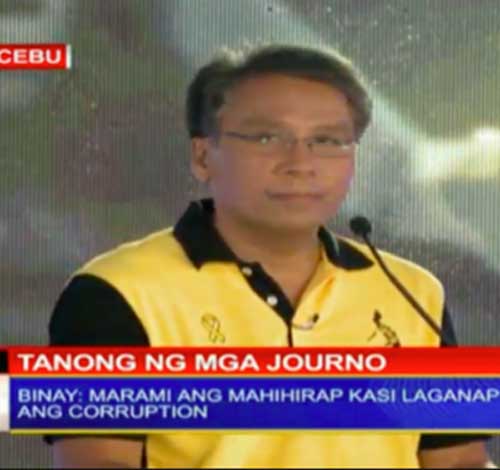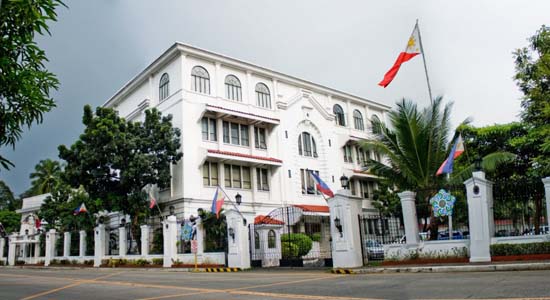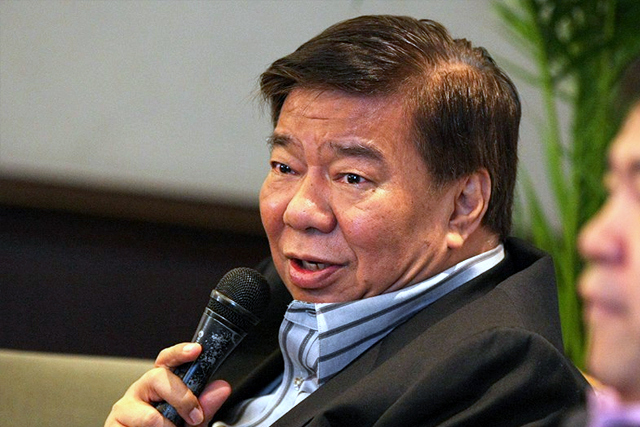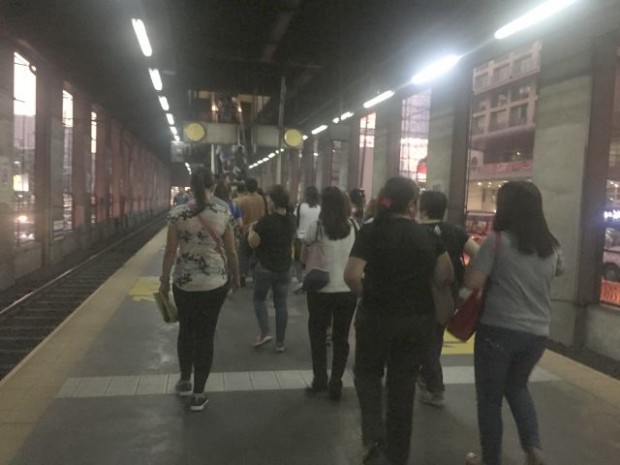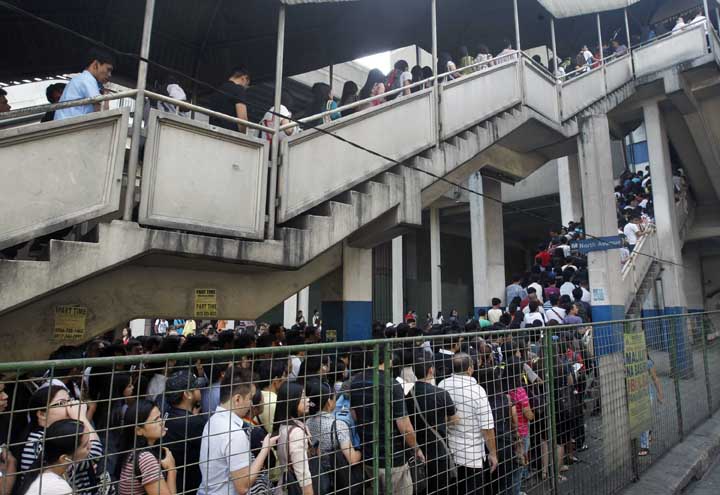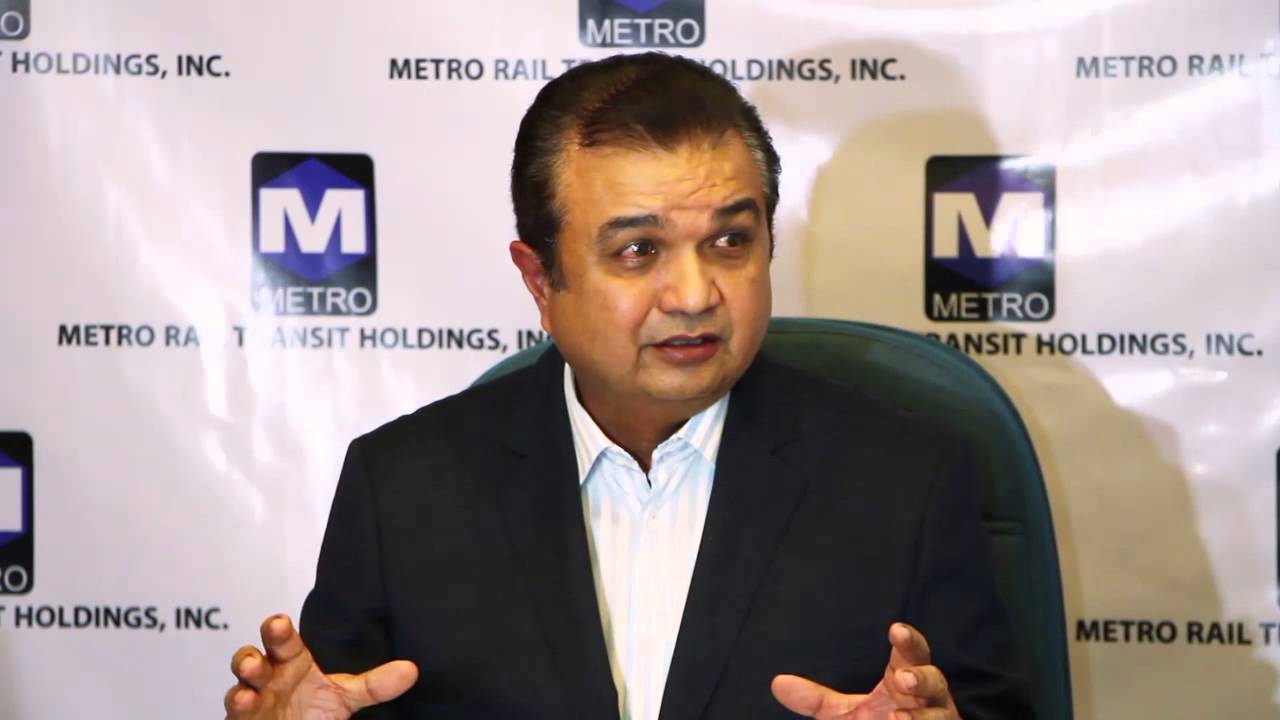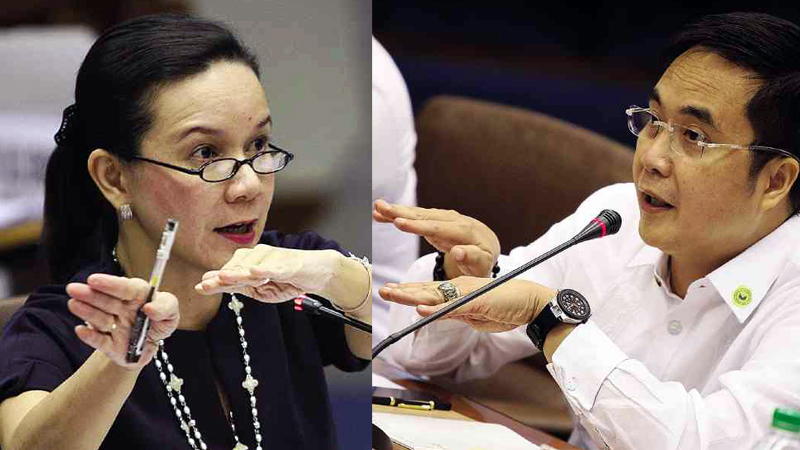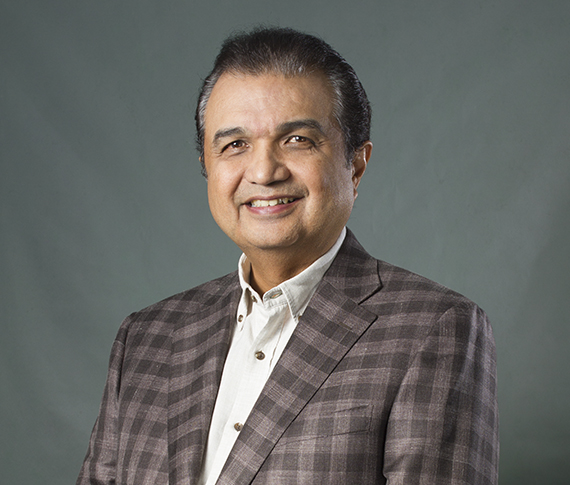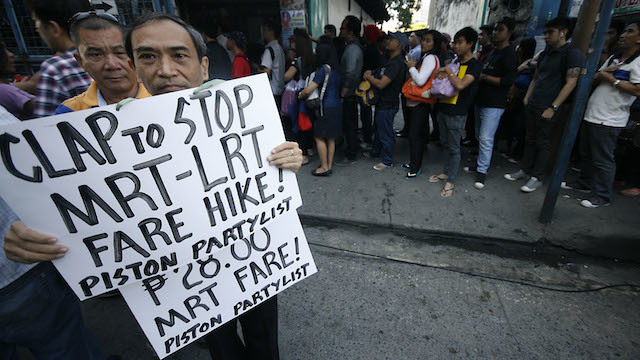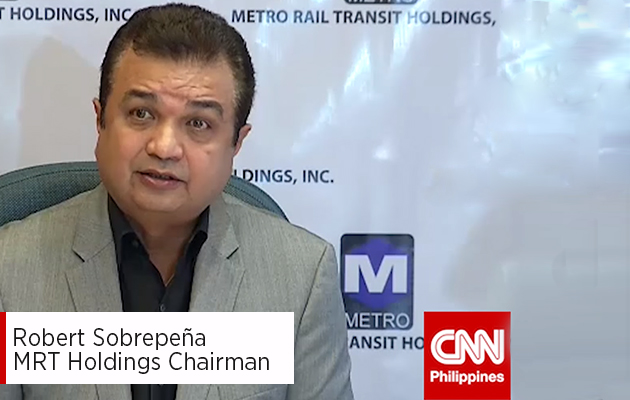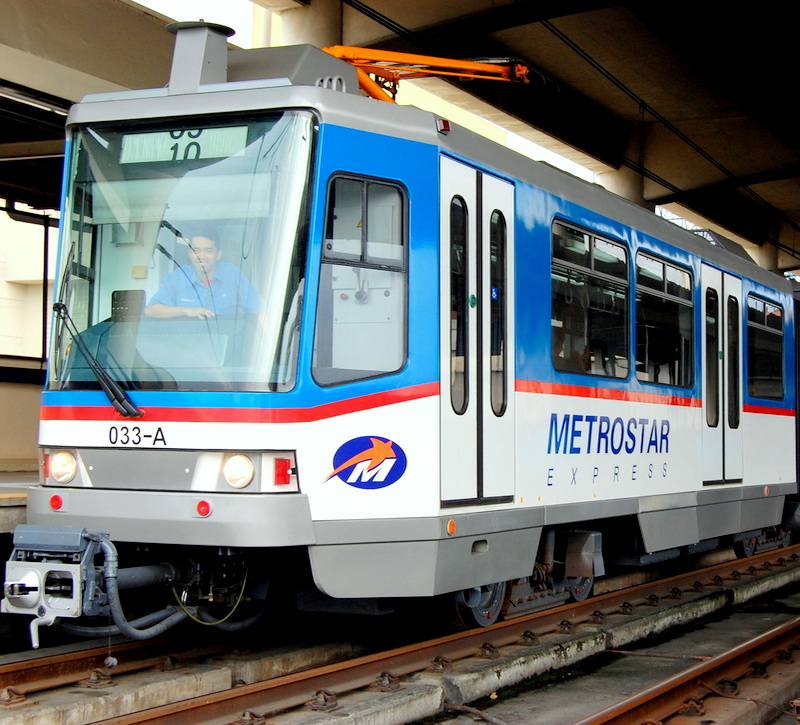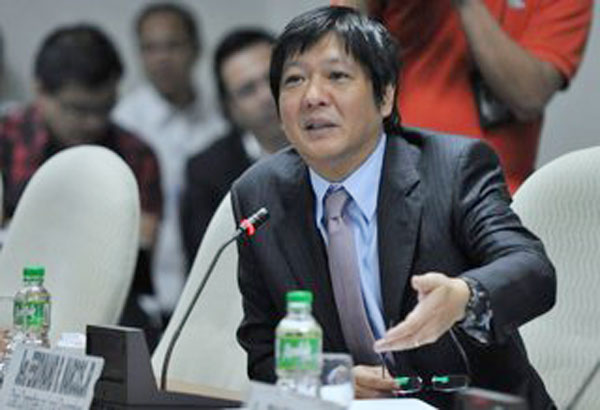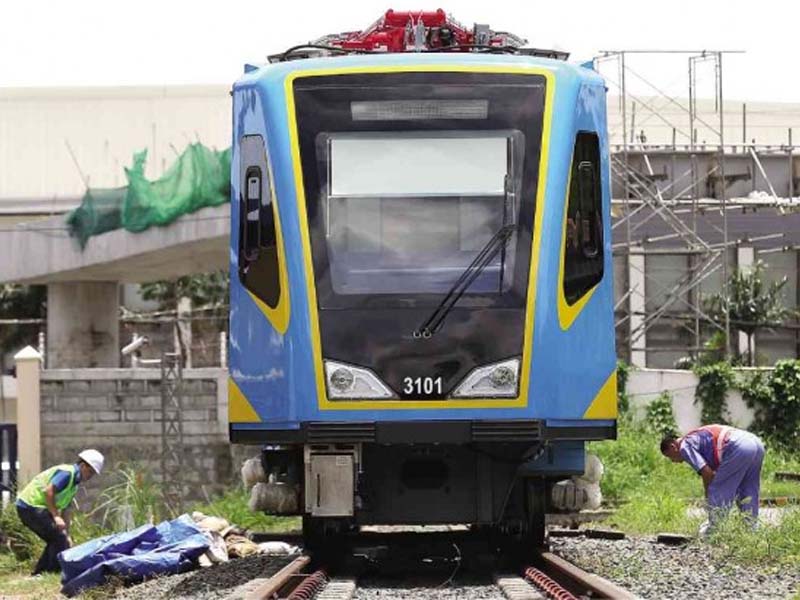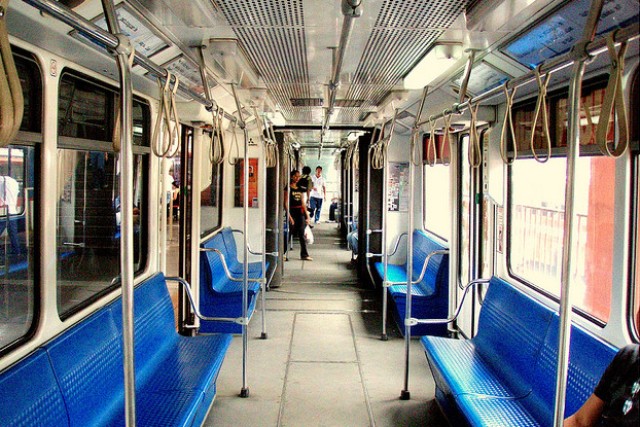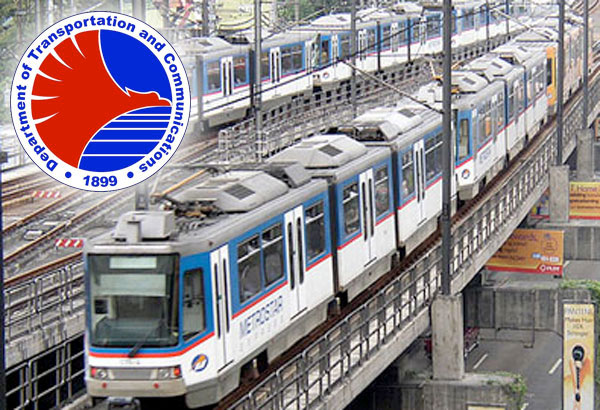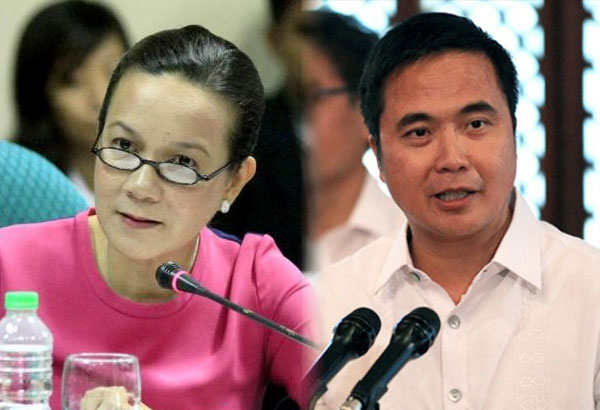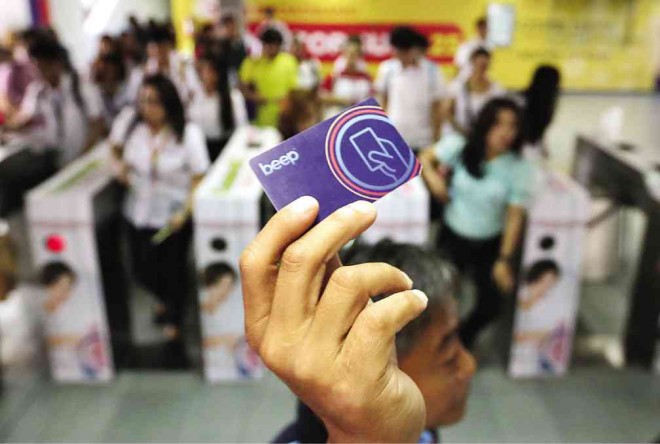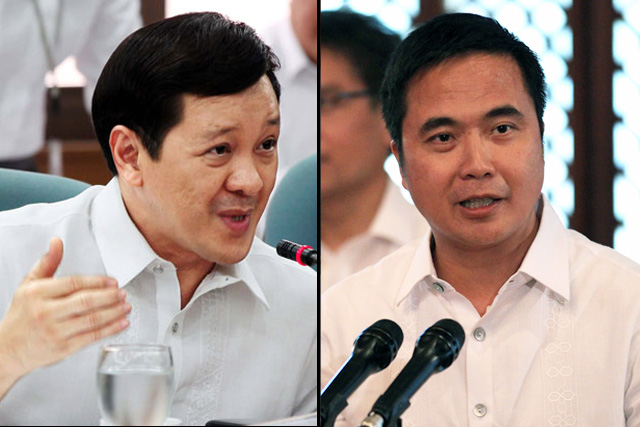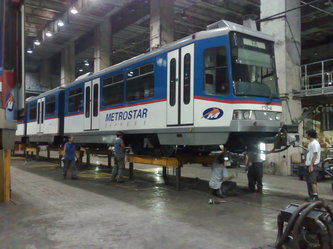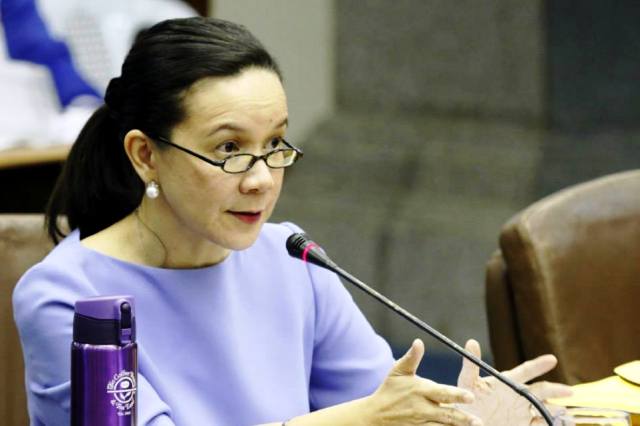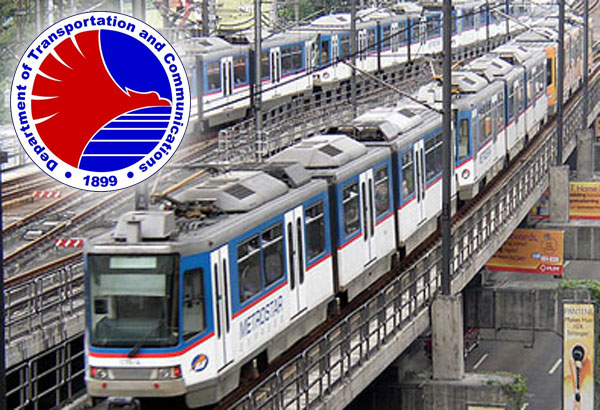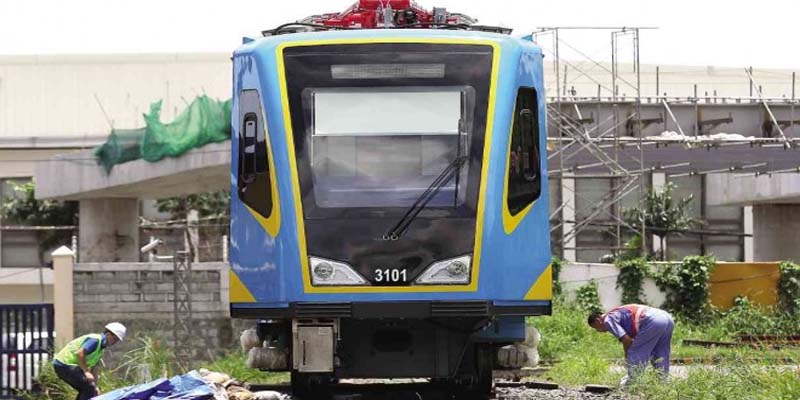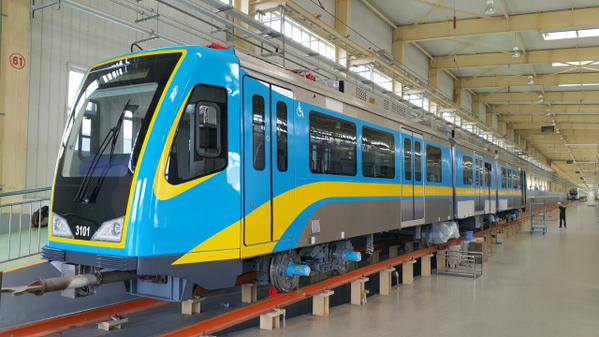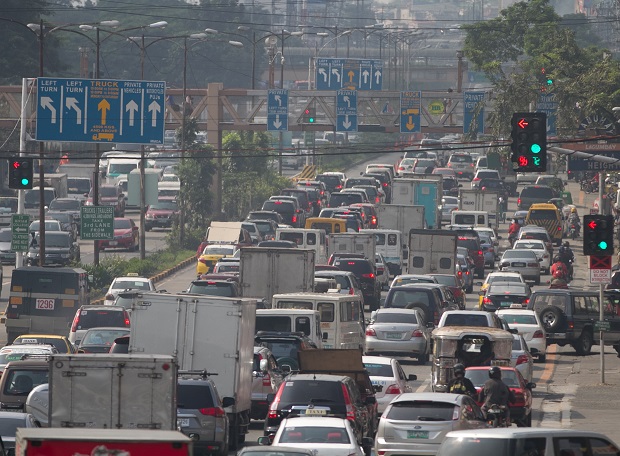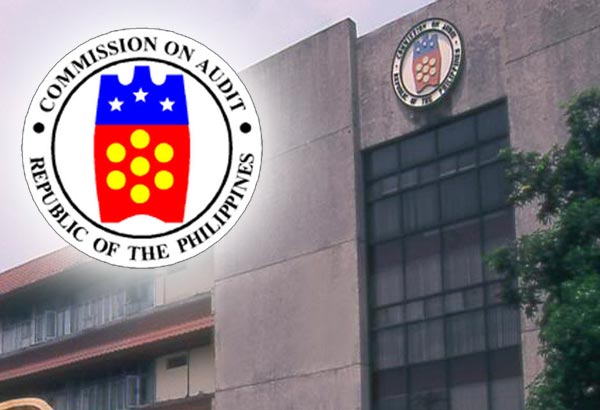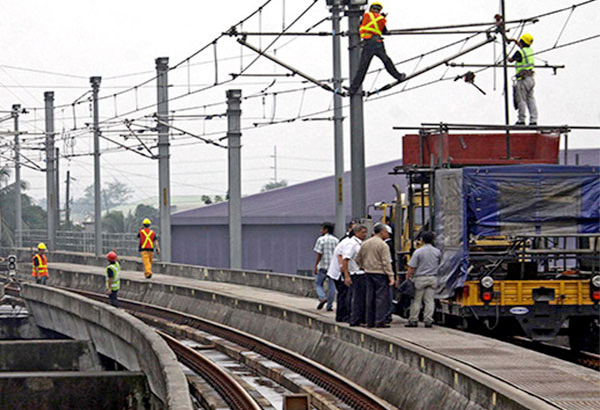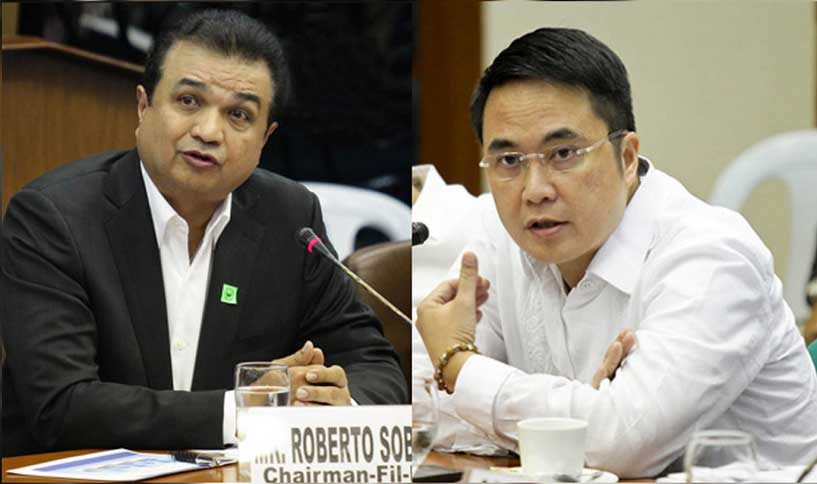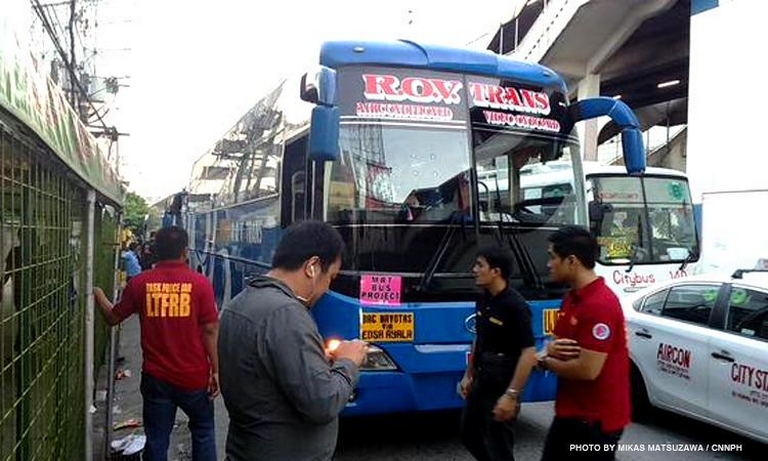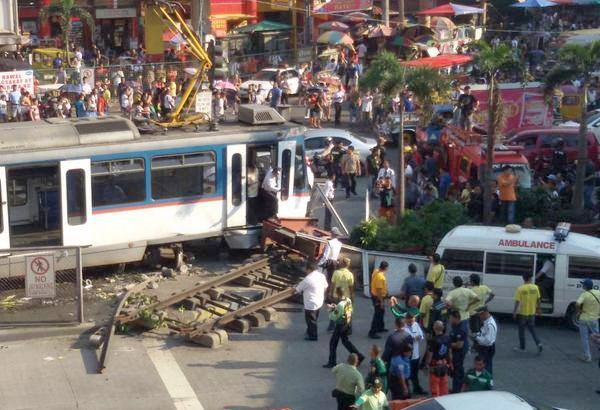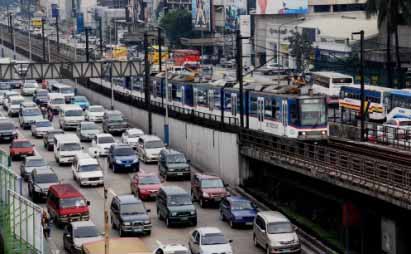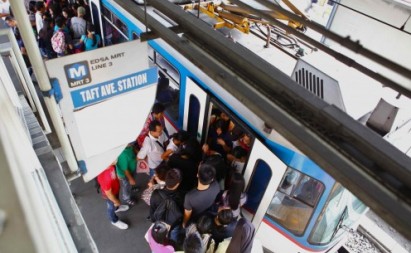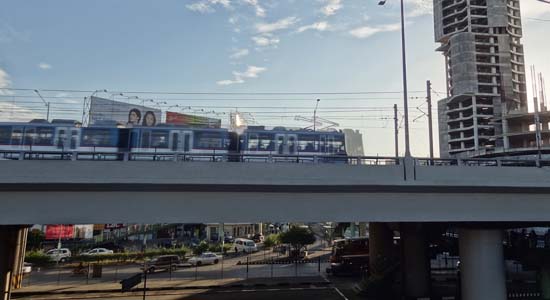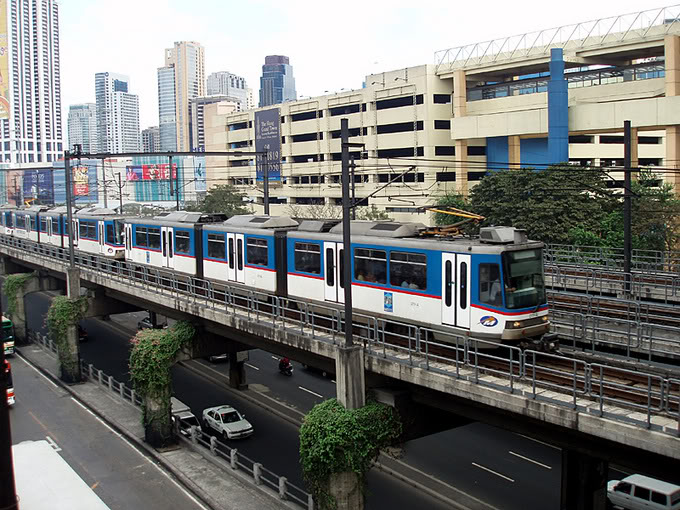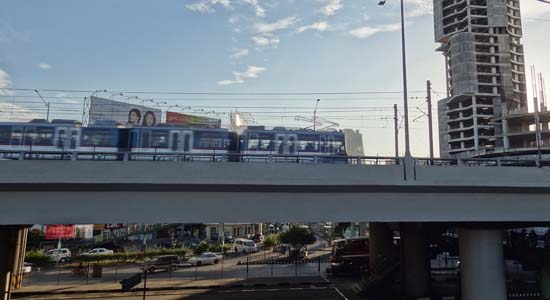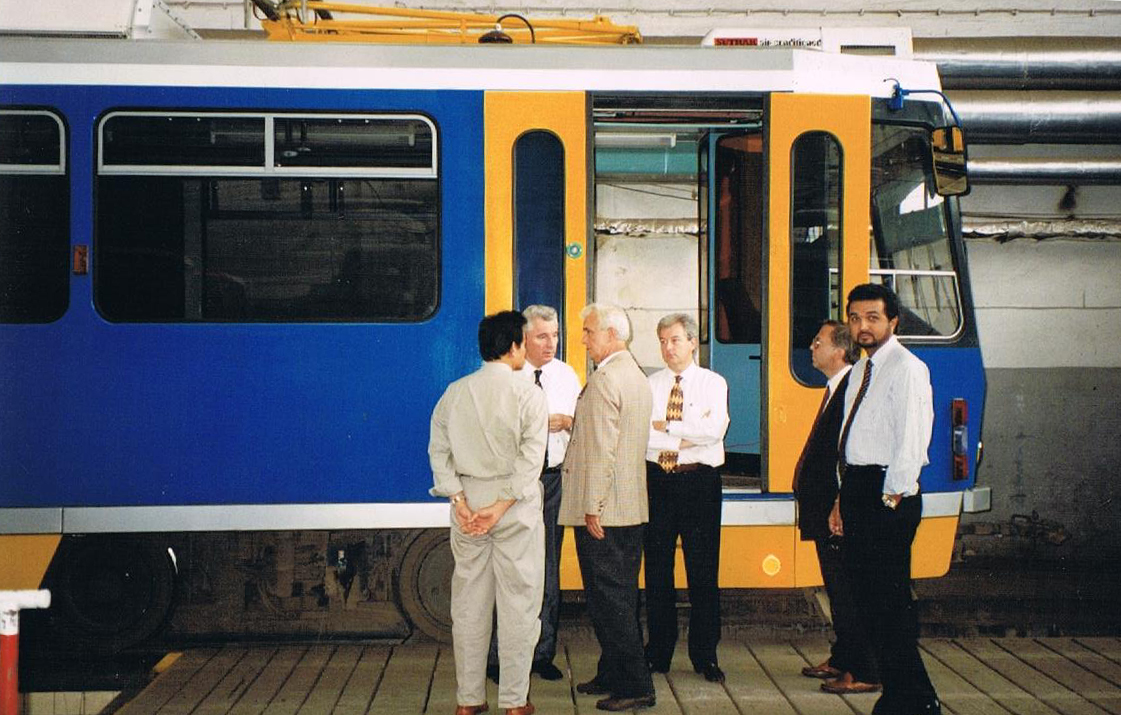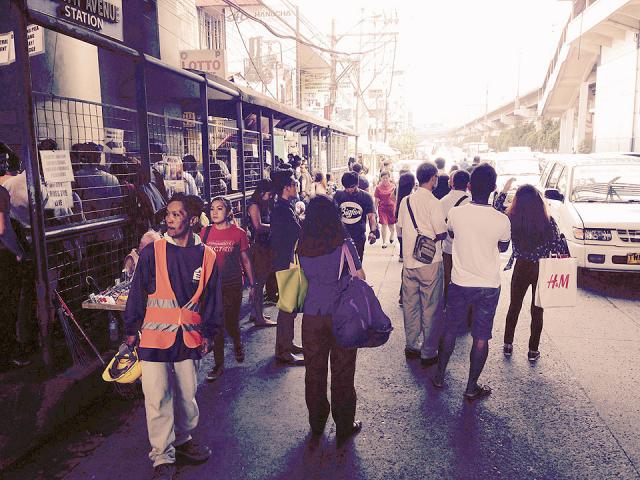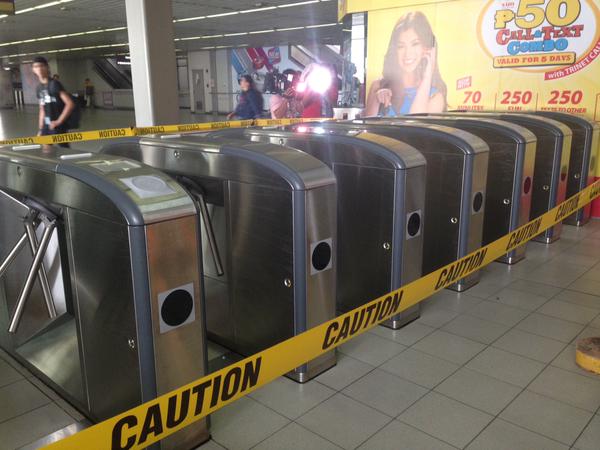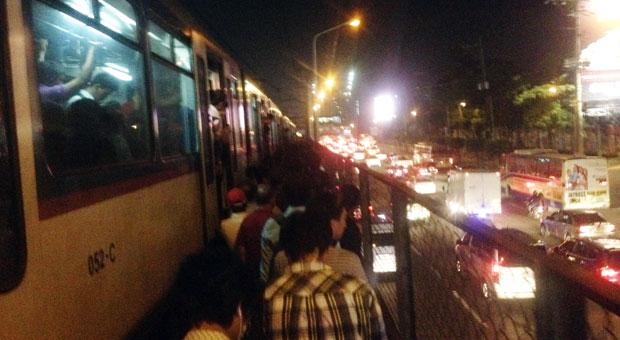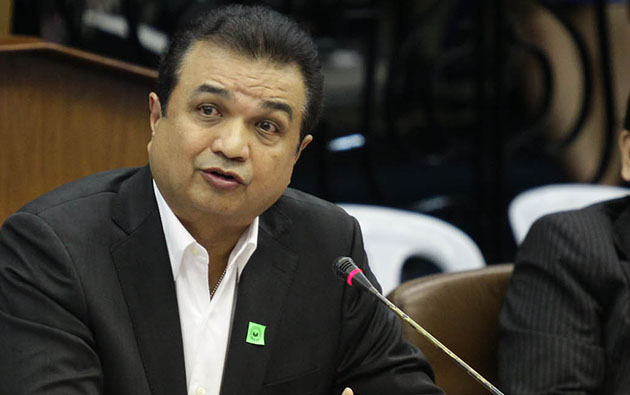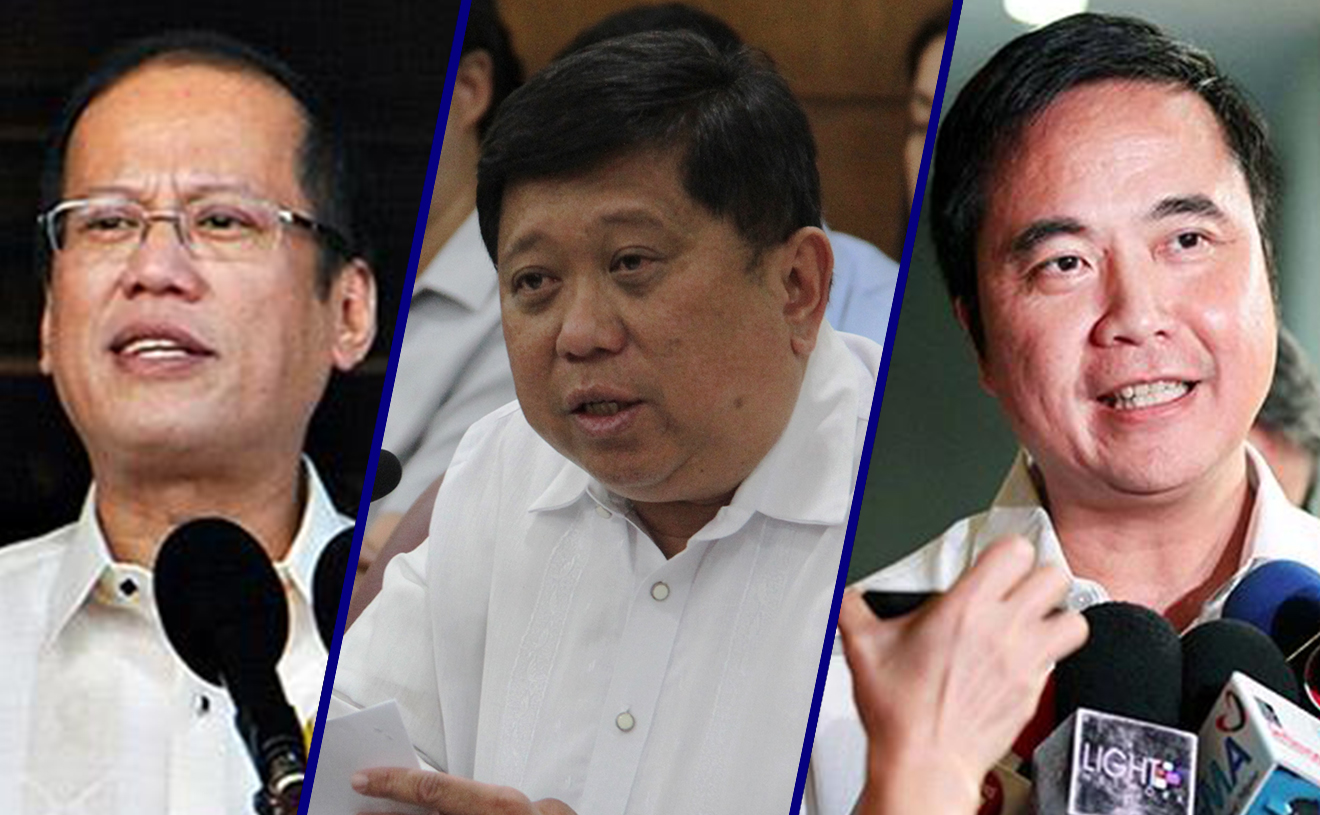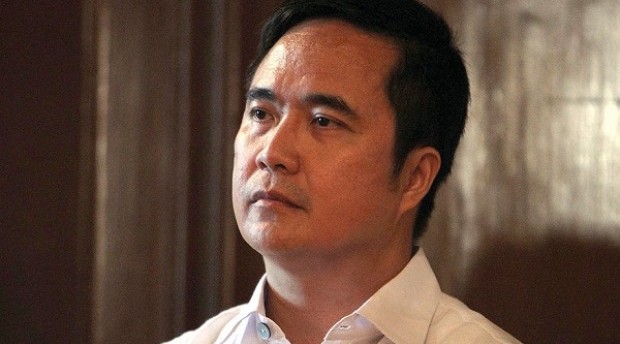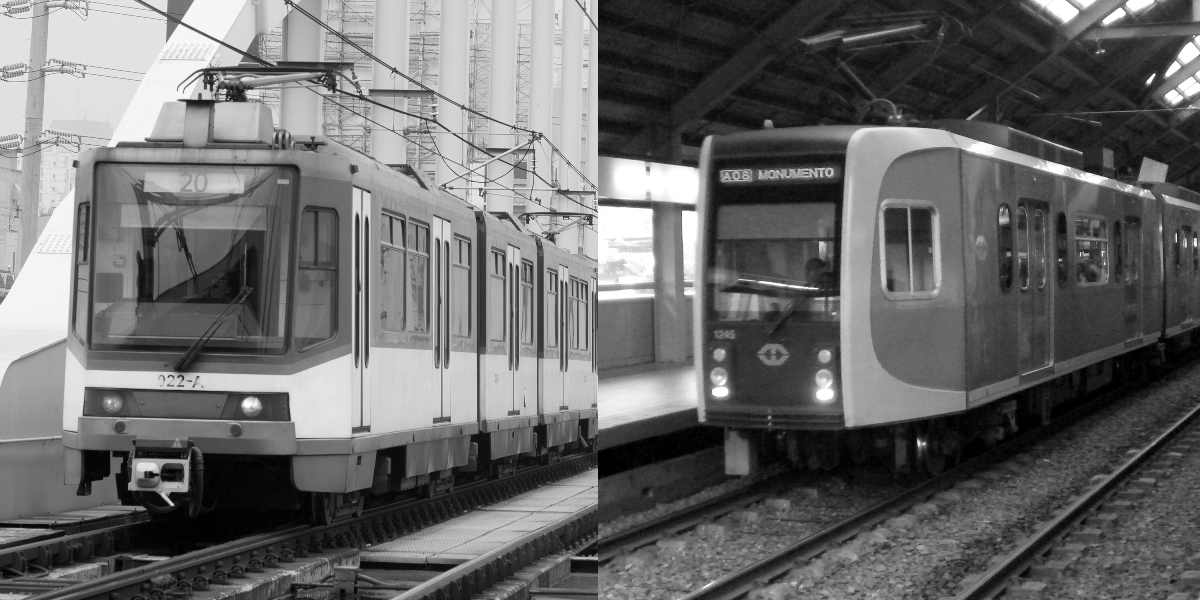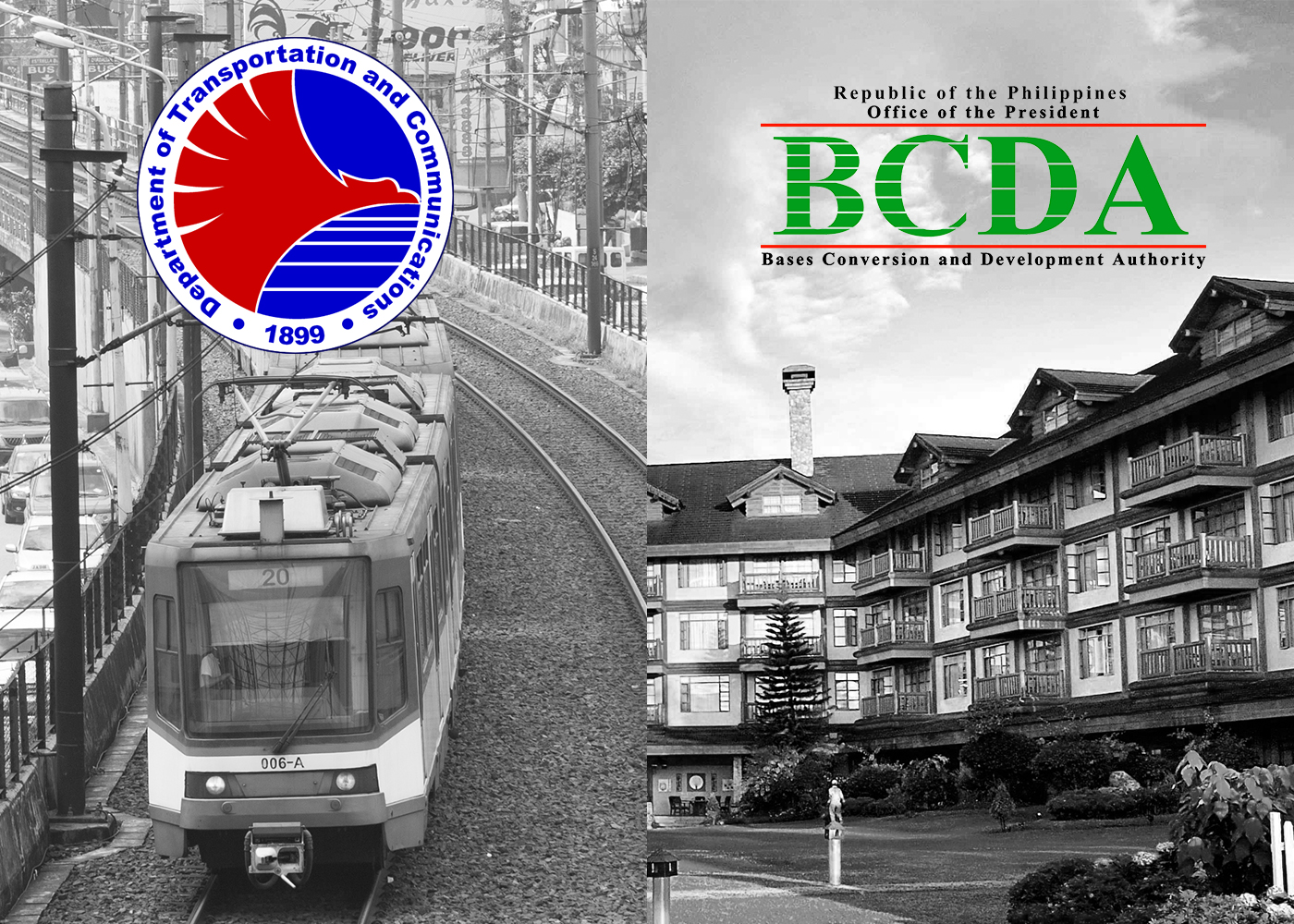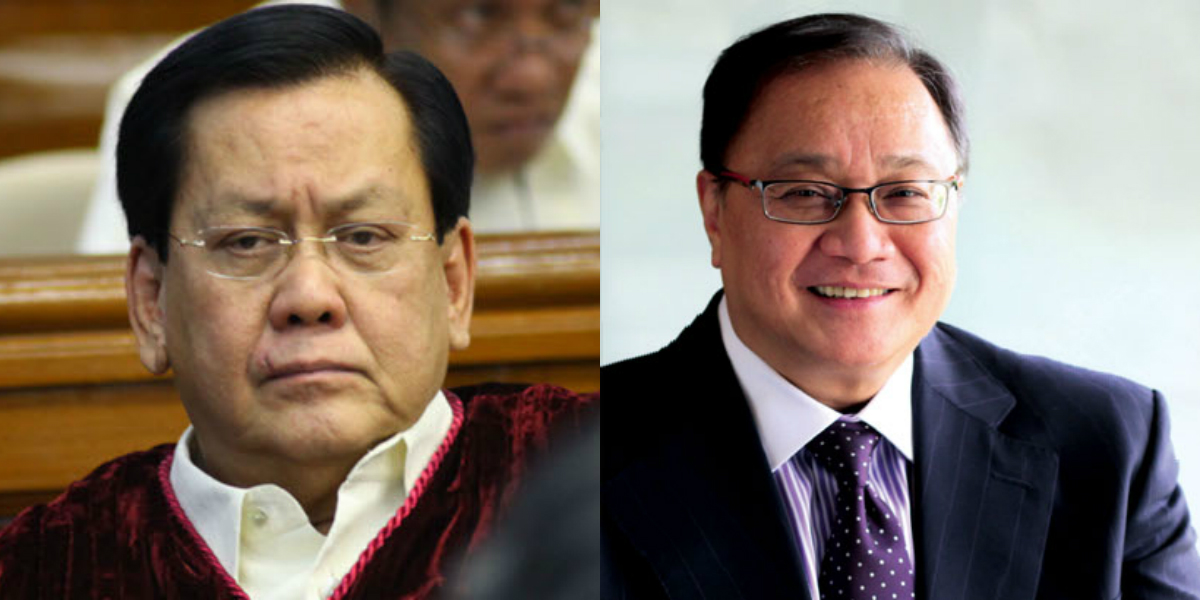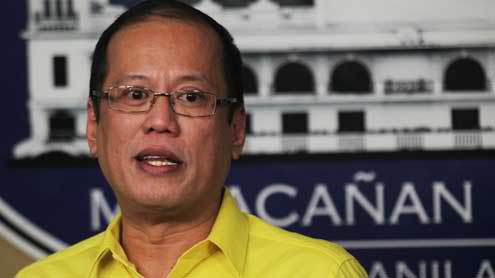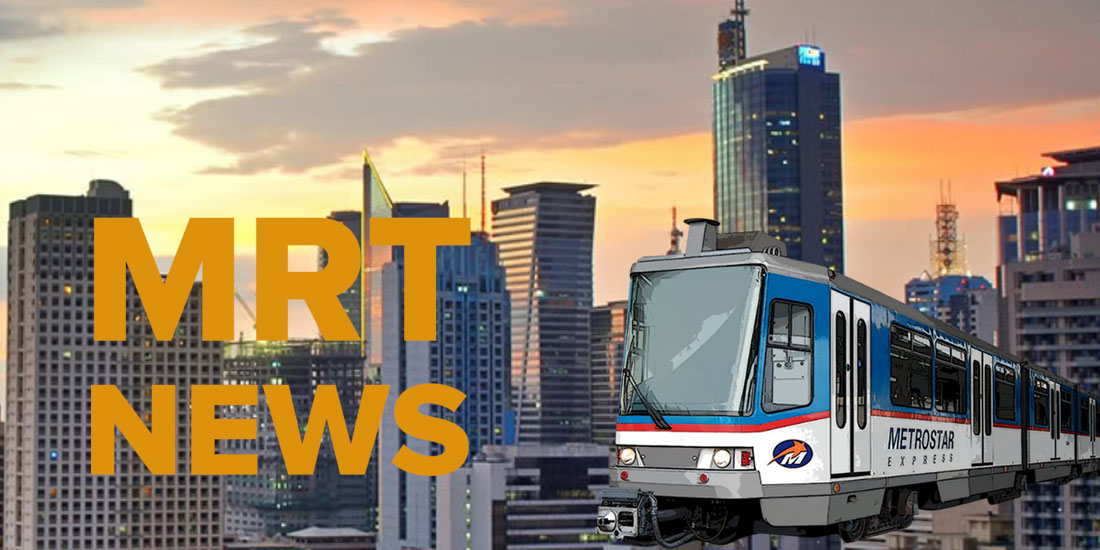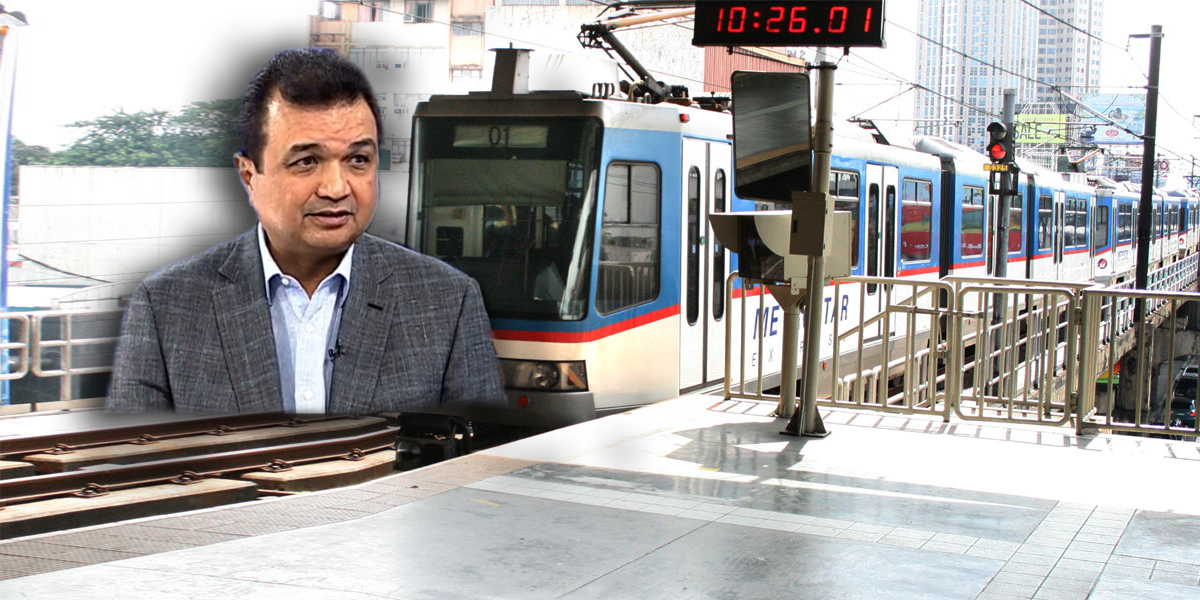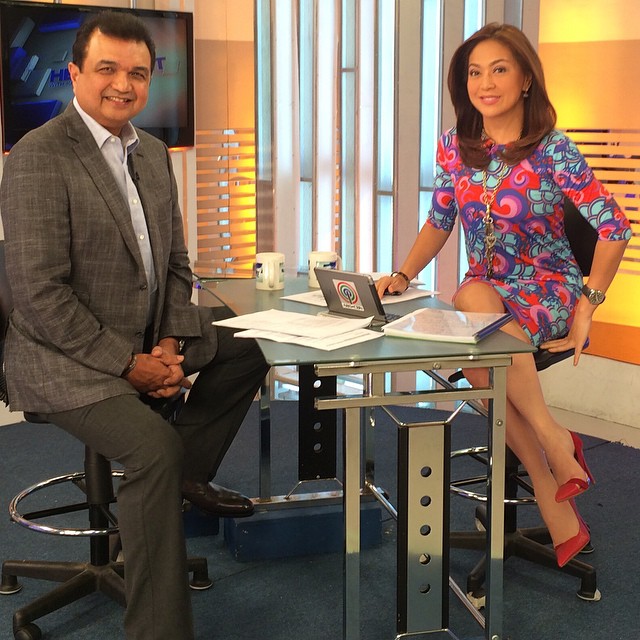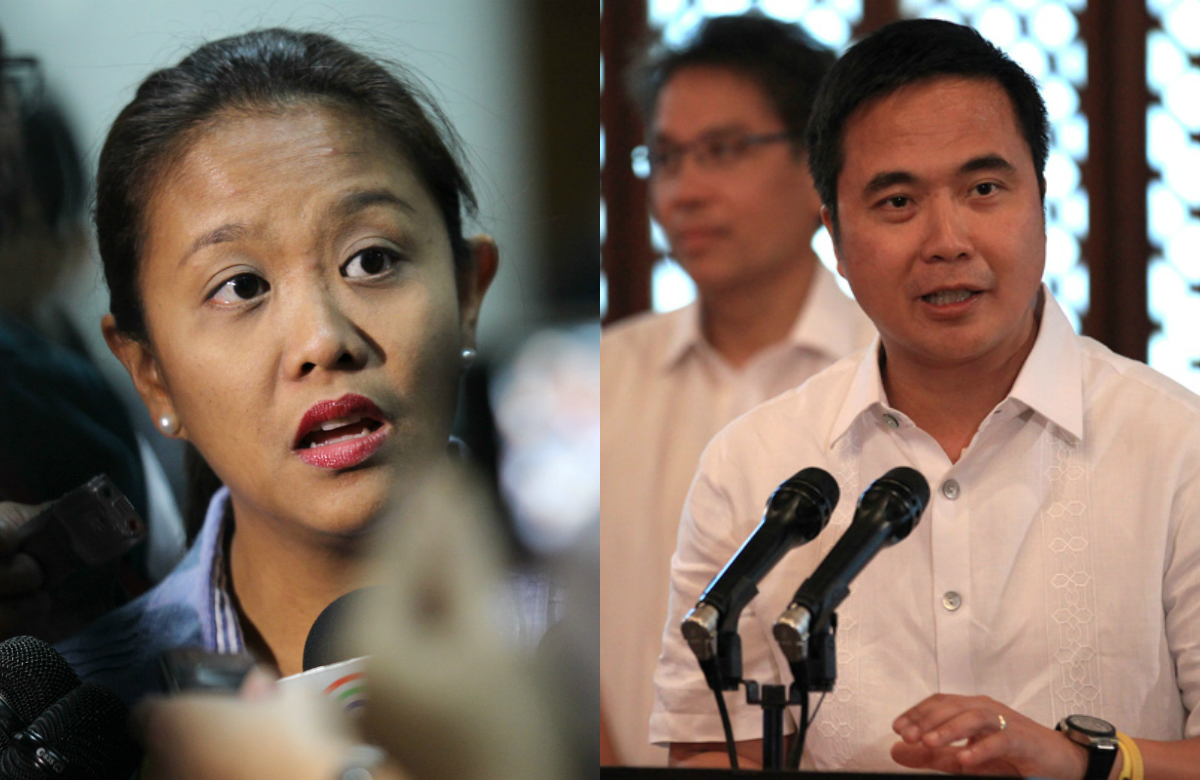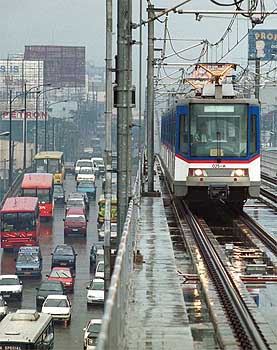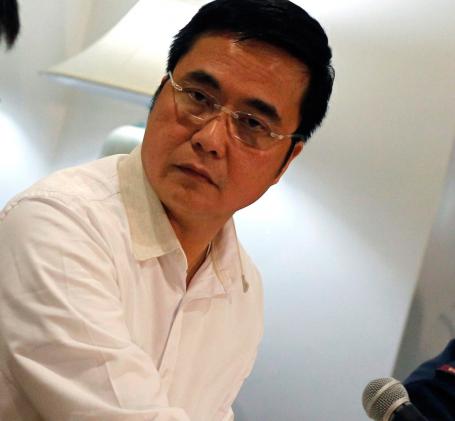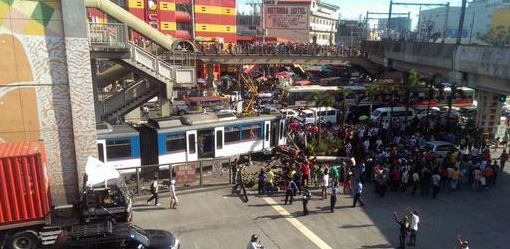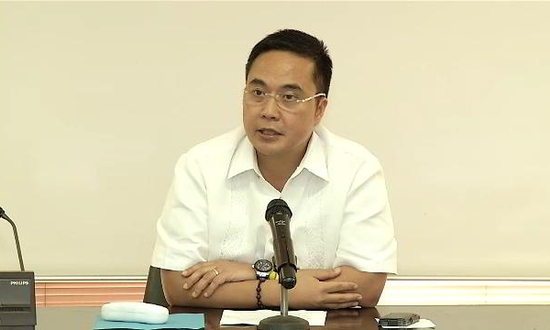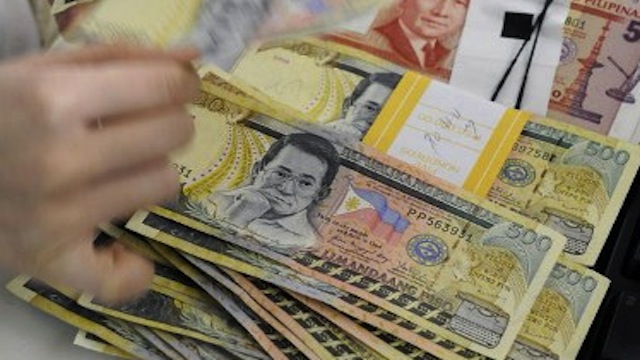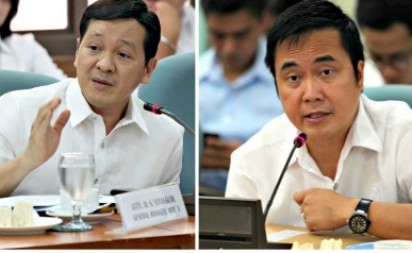Lorenz S. Marasigan | Business Mirror | February 17, 2016
The failure of the transport department to respond to the proposals of Metro Rail Transit Holdings Inc. (MRTH) to modernize and improve the sorry state of the train line traversing Edsa is tantamount to violation of the Anti-Graft and Corrupt Practices law, the private company’s Spokesman and Legal Counsel David S. Narvasa said on Wednesday.
“The Anti-Graft law says that neglecting or refusing after due demand or request without sufficient justification within a reasonable time by giving undue advantage to other parties, and discriminating against an interested party—in this case, the proposals submitted by MRT Corp. and its owners, including MRTH—are already a possible ground for graft,” he said.
Together with foreign firms Sumitomo Corp. of Japan and Globalvia Infrastructuras of Spain, Metro Global Holdings Inc. is proposing to “fix” the ailing system through a $150-million investment that involves the procurement of a total of 96 new train cars and the rehabilitation of the existing 73 coaches, increasing its capacity by fourfold to 1.2 million daily passengers.
Under the proposal, a single point of responsibility will be implemented, meaning the rehabilitation and the maintenance of the line will be handled by a single company.
This specific proposal was sent in 2012, but offers to develop the line were already in place even before President Aquino took office in 2010.
“They cannot give as an excuse that MRT Holdings has no personality and, therefore, does not deserve their reply,” Narvasa said. “Their inaction is against the law.”
Last December Rolf Bieri, the authorized representative of German rail technology firm Schunk Bahn-und Industrietechnik GmbH, slammed the transport department for its inaction with regard to the unsolicited proposals to rehabilitate the MRT.
This forced the company to bring the issue to President Aquino, himself, asking the Chief Executive to consider the current state of the train line that ferries almost 600,000 passengers per day.
The P4.64-billion proposal, submitted in February with Filipino partner Comm Builders and Technology Phils. Corp., calls for the complete overhaul of the 73 light-rail vehicles of the MRT, the replacement of the rails, the upgrading of the line’s ancillary system, the upgrade of the track circuit and signaling systems, the modernization of the conveyance system and a three-year maintenance contract.
Should the government acted on the group’s proposal, it could have done something to alleviate the woes of the railway system by now.
Instead, Transportation Secretary Joseph Emilio A. Abaya resorted to hold public tenders for a P4.3-billion MRT rehabilitation and maintenance contract.
The failure to get a suitable provider—brought about by the sorry state of the train system—led the government to take the emergency procurement scheme.
The P3.8-billion maintenance contract was awarded to to the joint venture of Busan Transportation Corp., Edison Development & Construction, Tramat Mercantile Inc., TMI Corp. Inc. and Castan Corp. last December.
Separately, Metro Pacific is proposing to shoulder the upgrade costs of the train system and release the government from the bondage of paying billions of pesos in equity rental payments.
The group of Pangilinan, which earlier entered into a partnership agreement with the corporate owner of the MRT, intends to spend $524 million to overhaul the line.
The venture would effectively expand the capacity of the railway system by adding more coaches to each train, allowing it to carry more cars at faster intervals. The multimillion-dollar expansion plan would double the capacity of the line to 700,000 passengers a day from the current 350,000 passengers daily.
It was submitted in 2011, but the transportation agency’s chief back then rejected the proposal.
According to the amended build-operate-transfer law, the government has to inform the proponent whether it accepts or rejects an unsolicited proposal within 120 days.
Today the rail line’s average daily ridership is already over 560,000, and its highest single-day passenger count is 620,000.
 Twitter
Twitter Facebook
Facebook